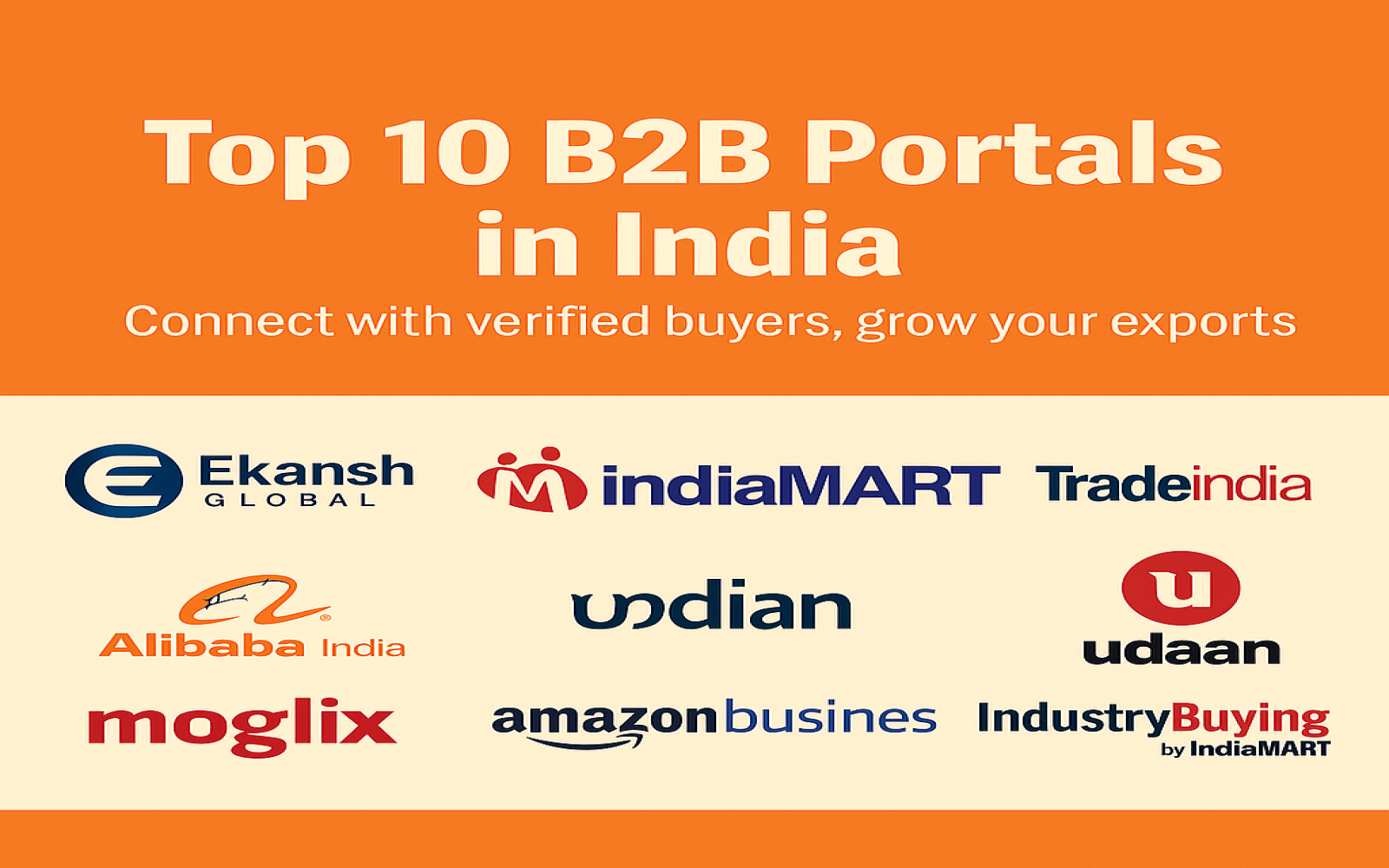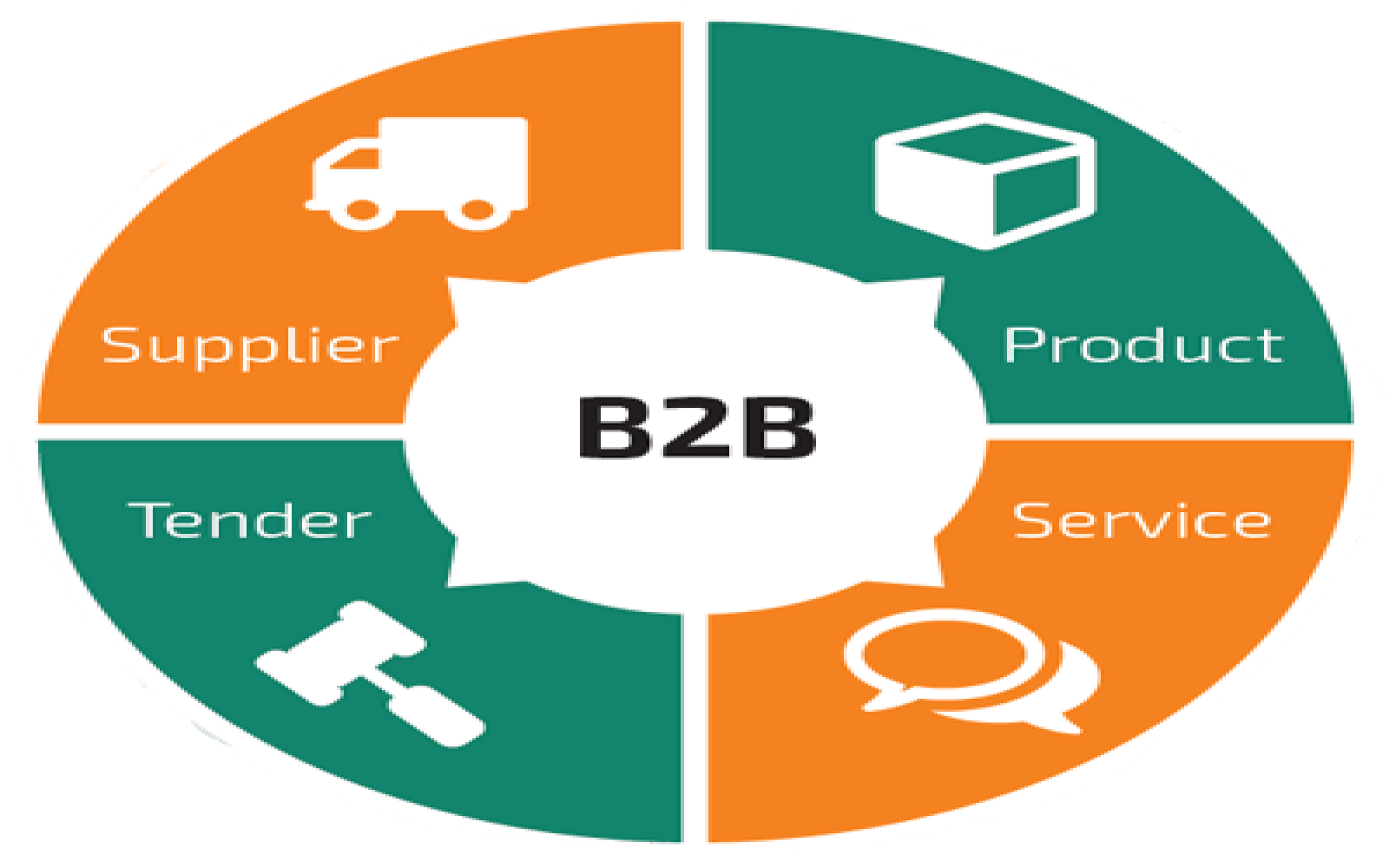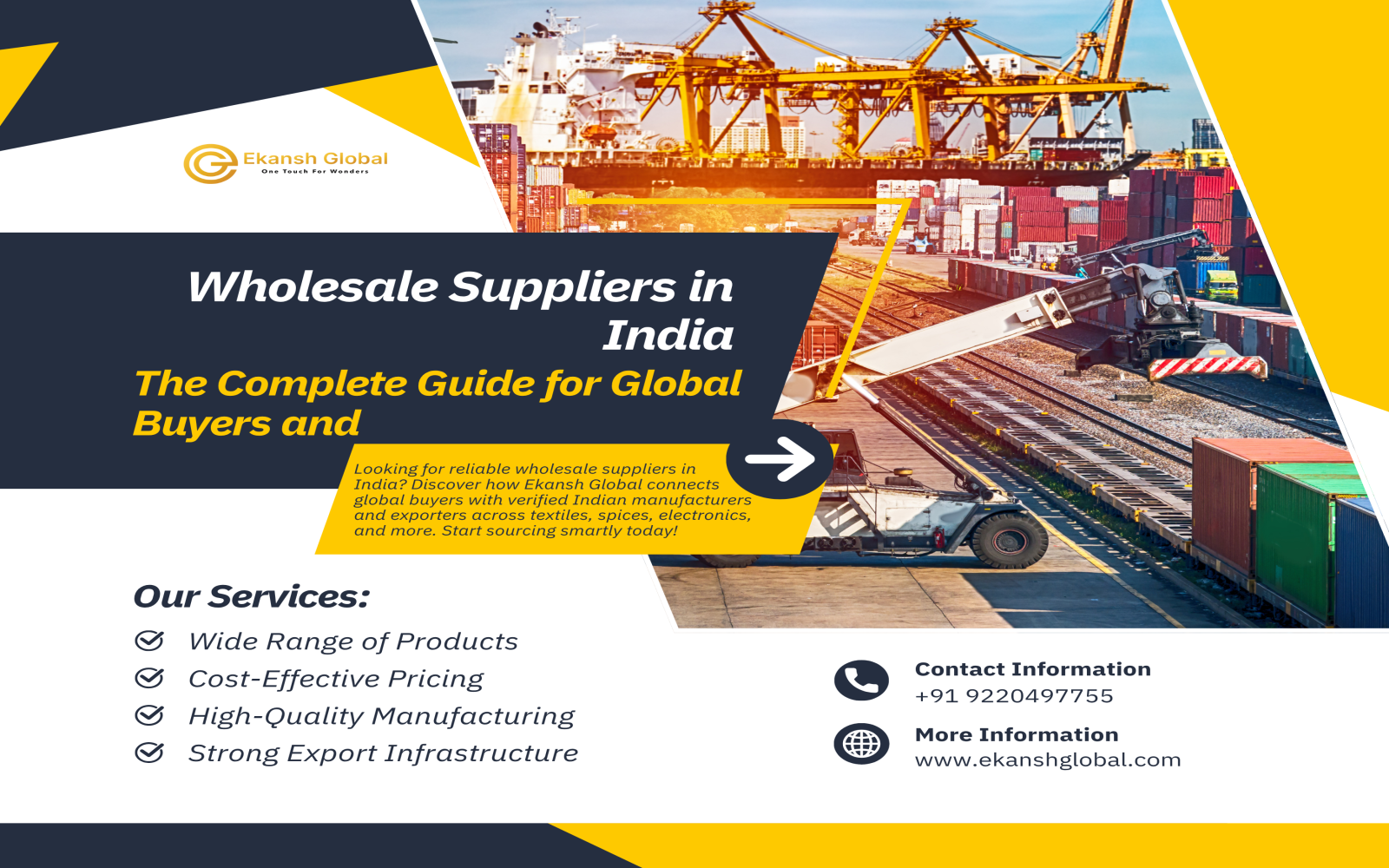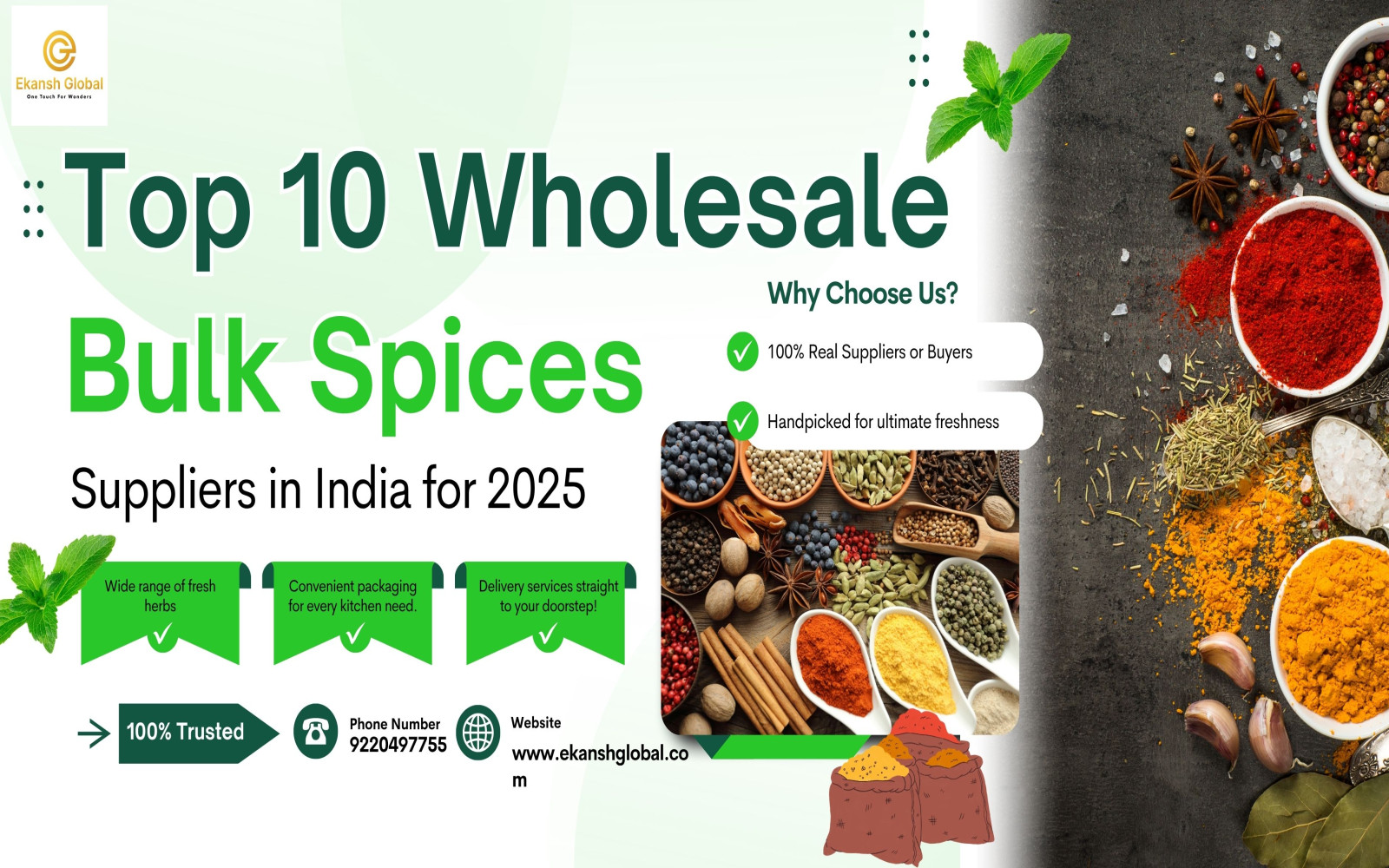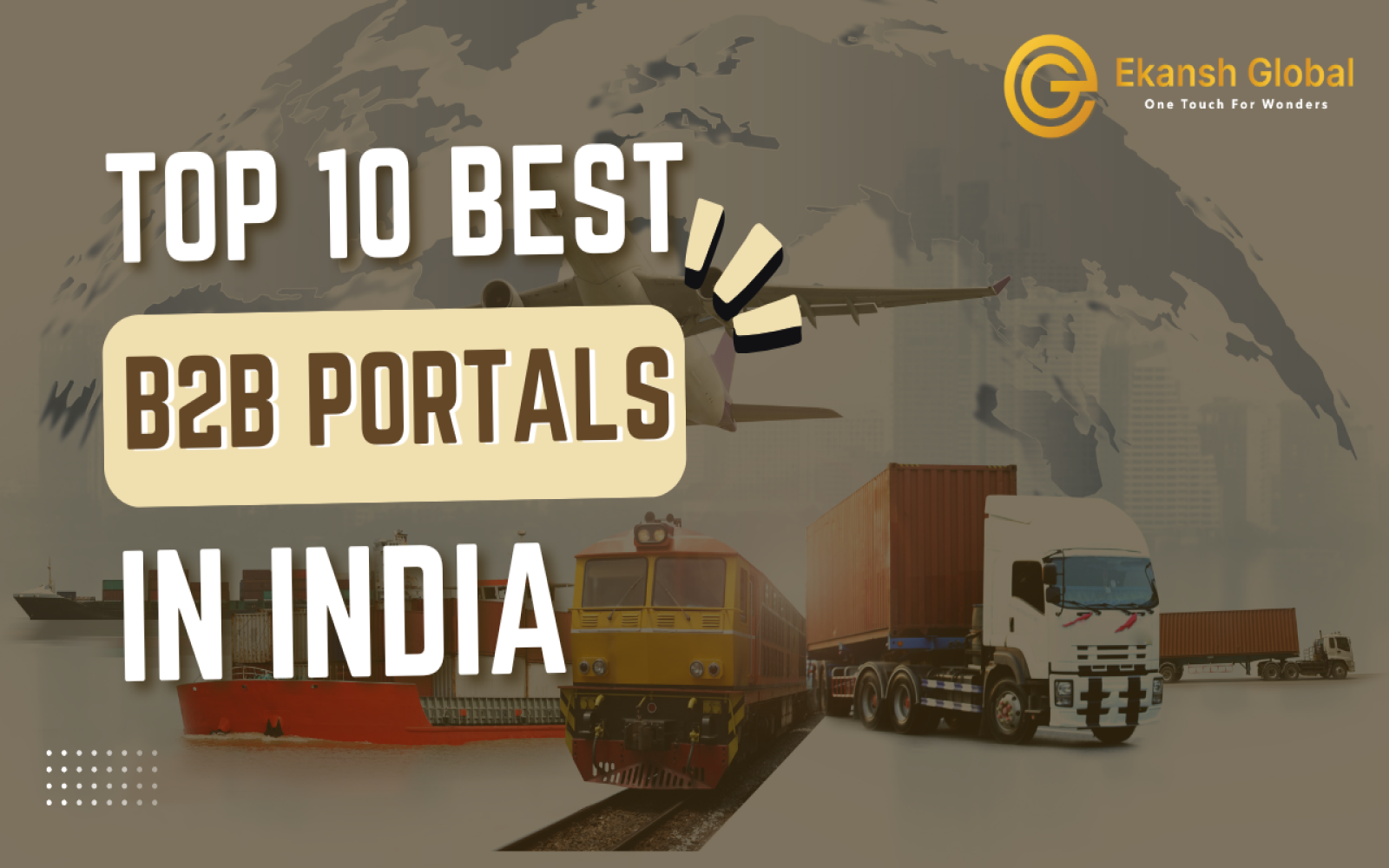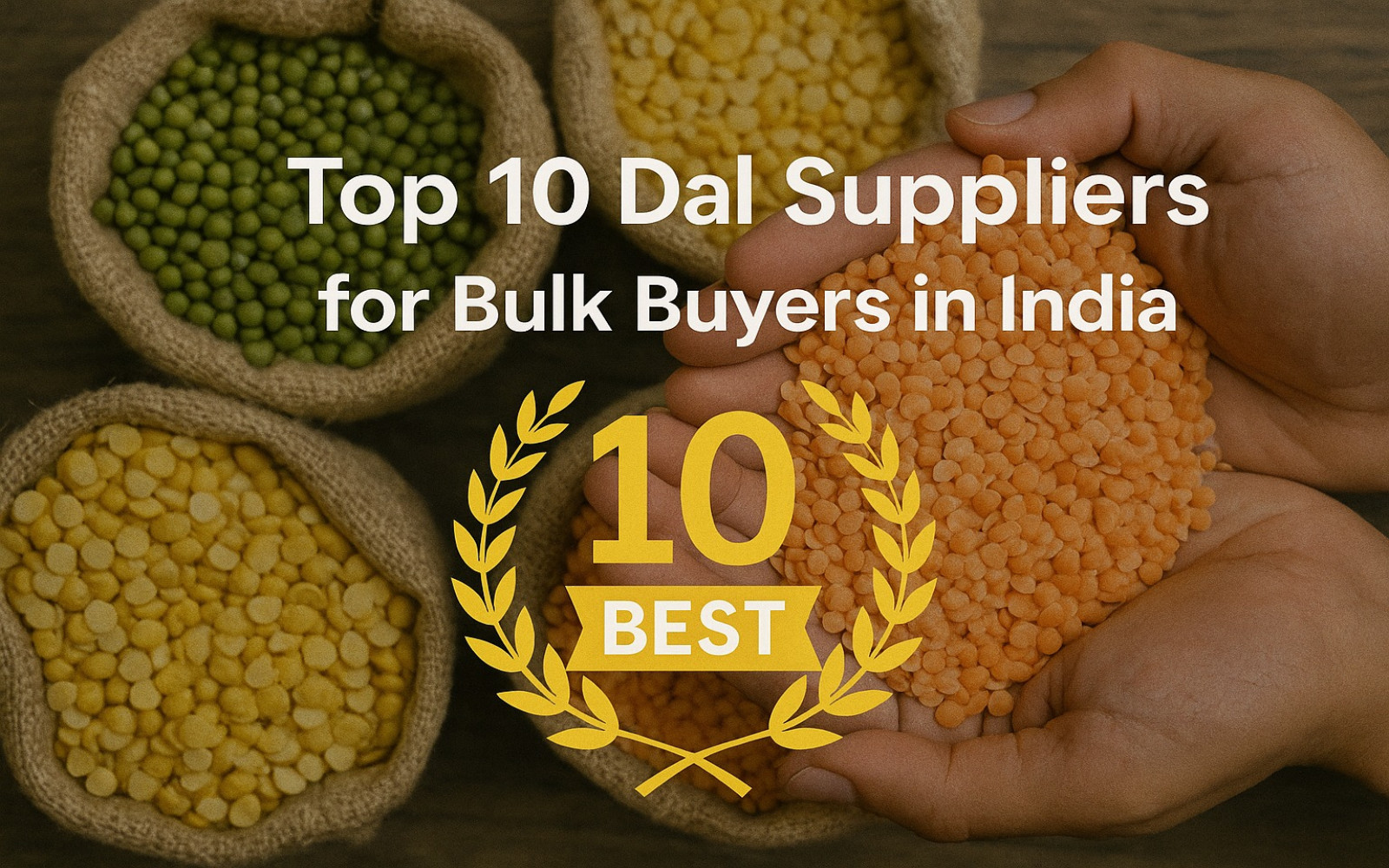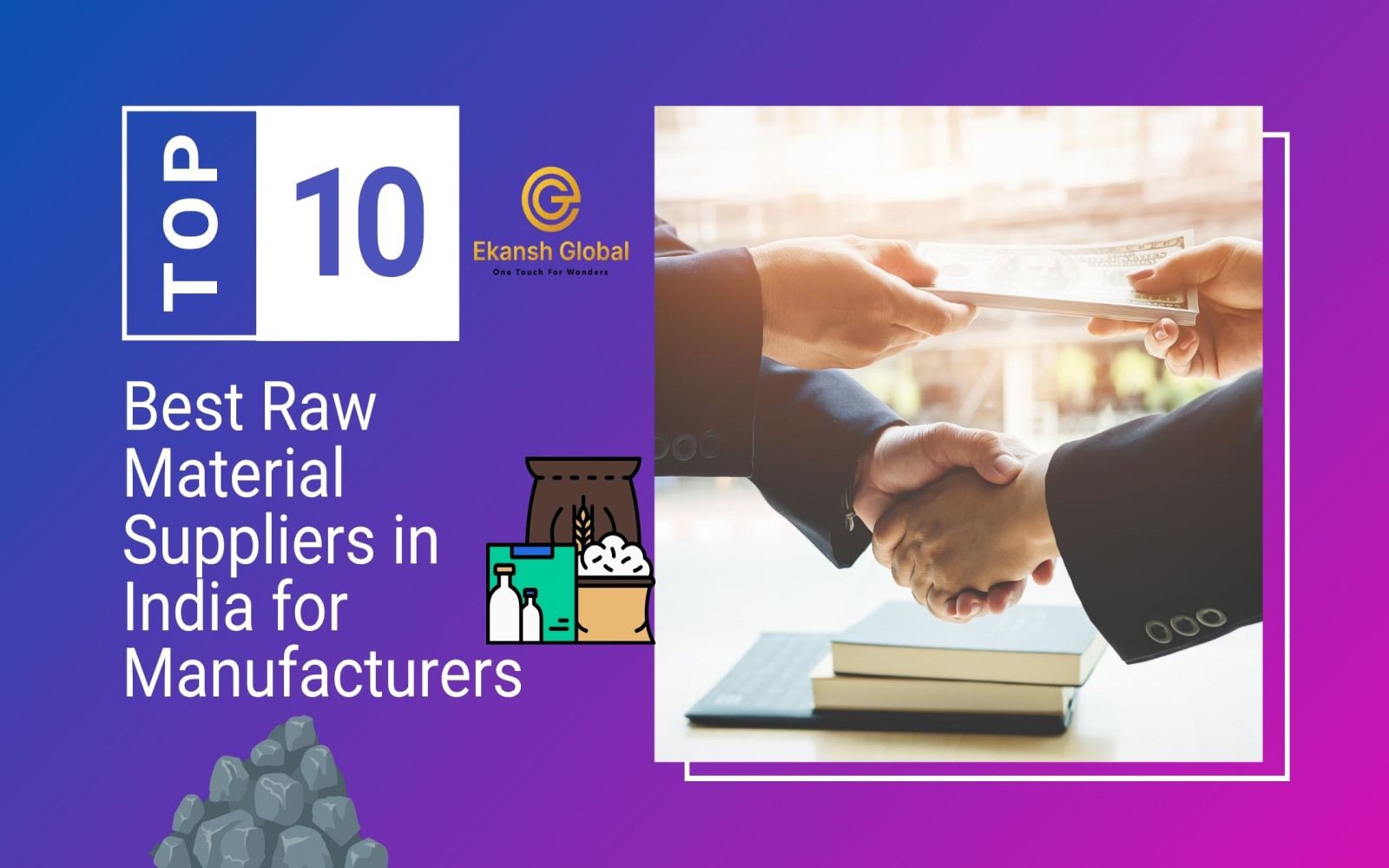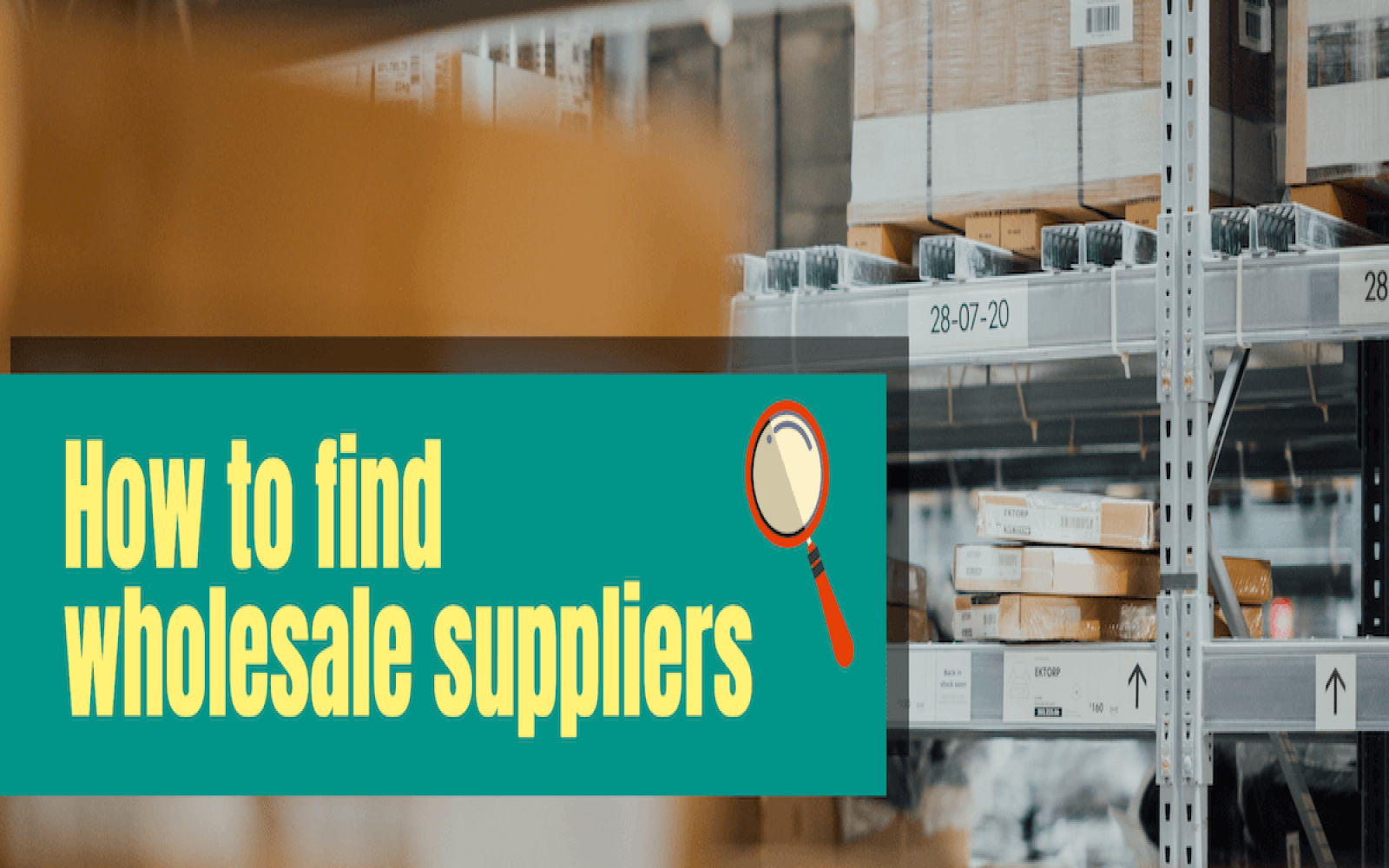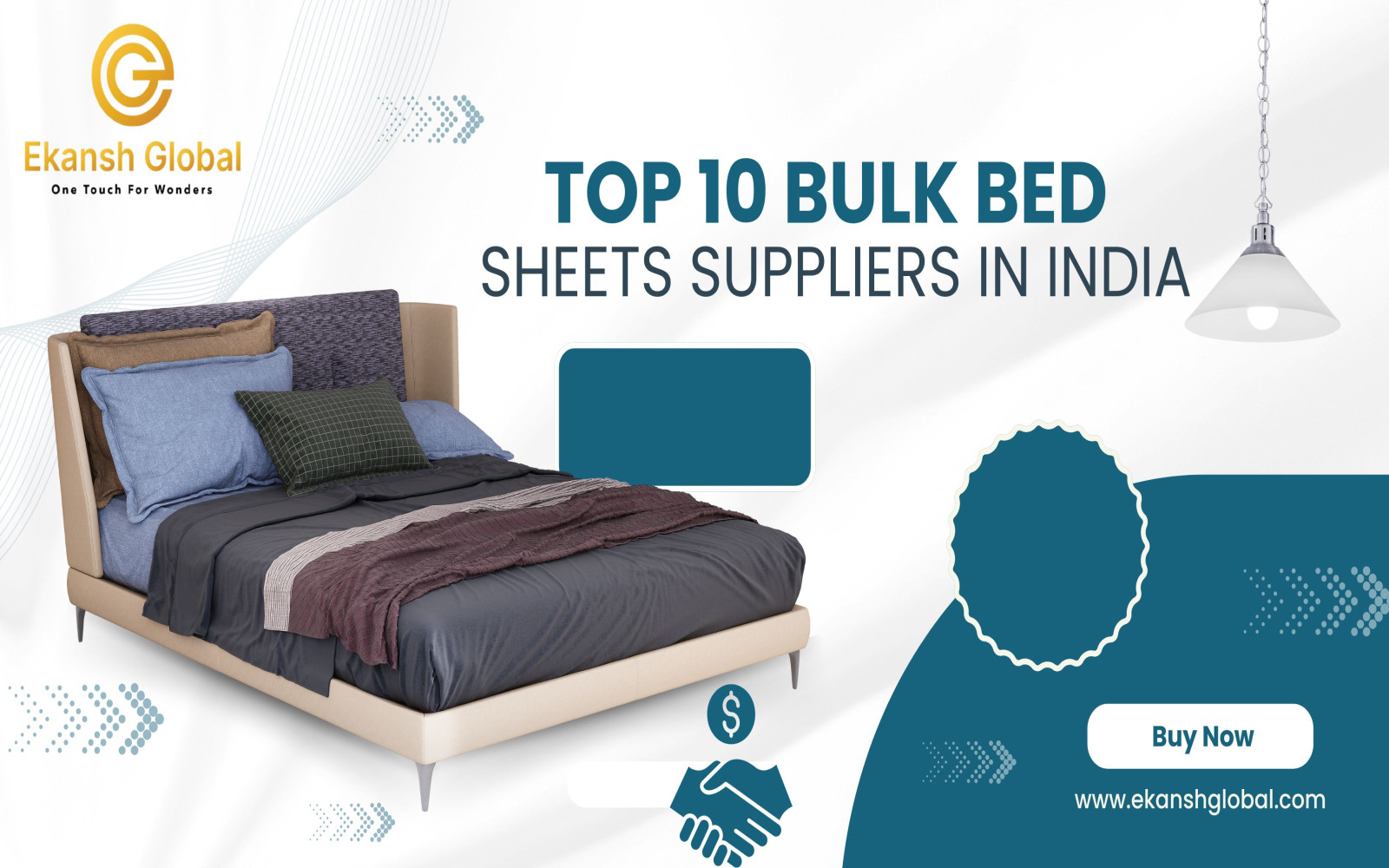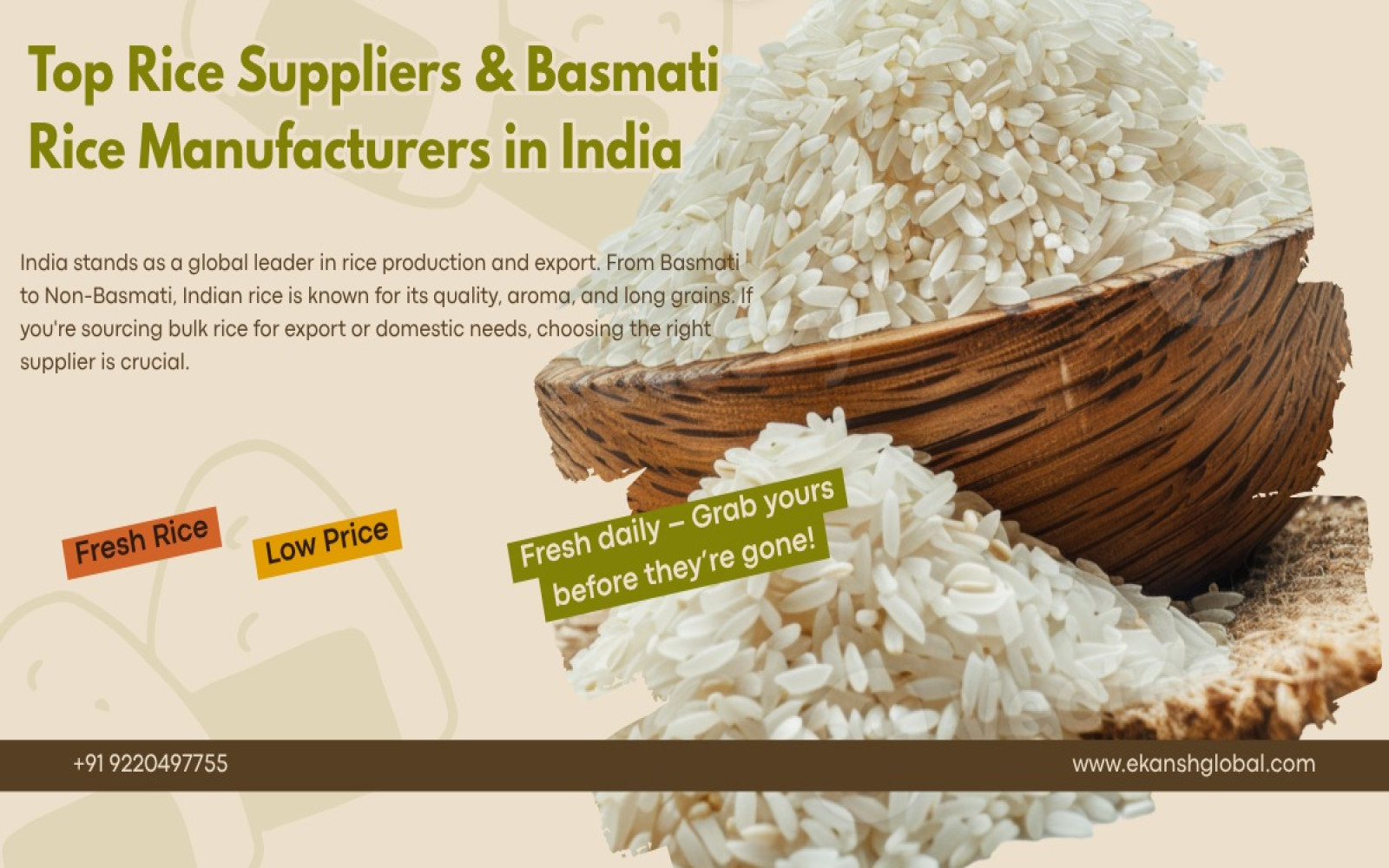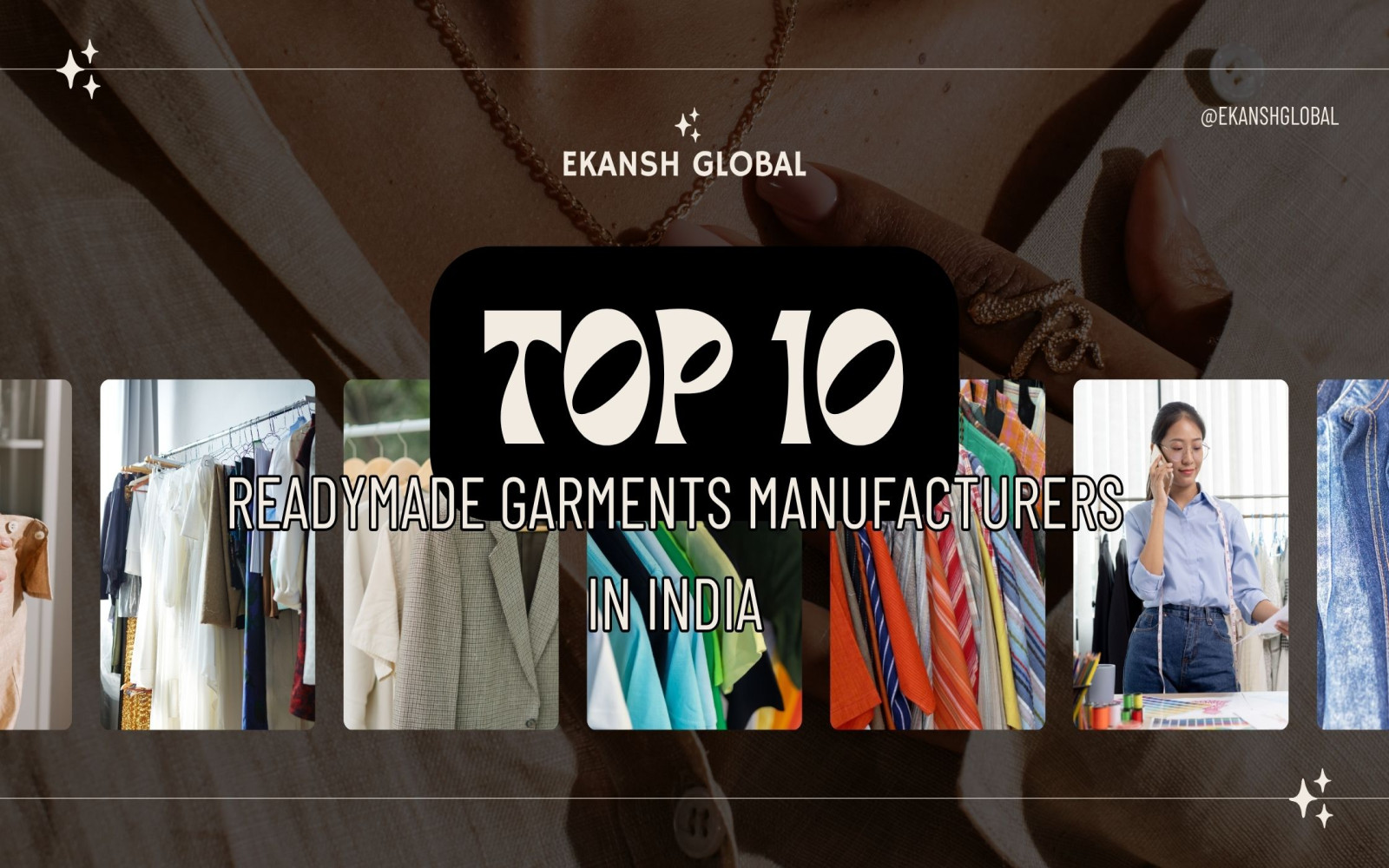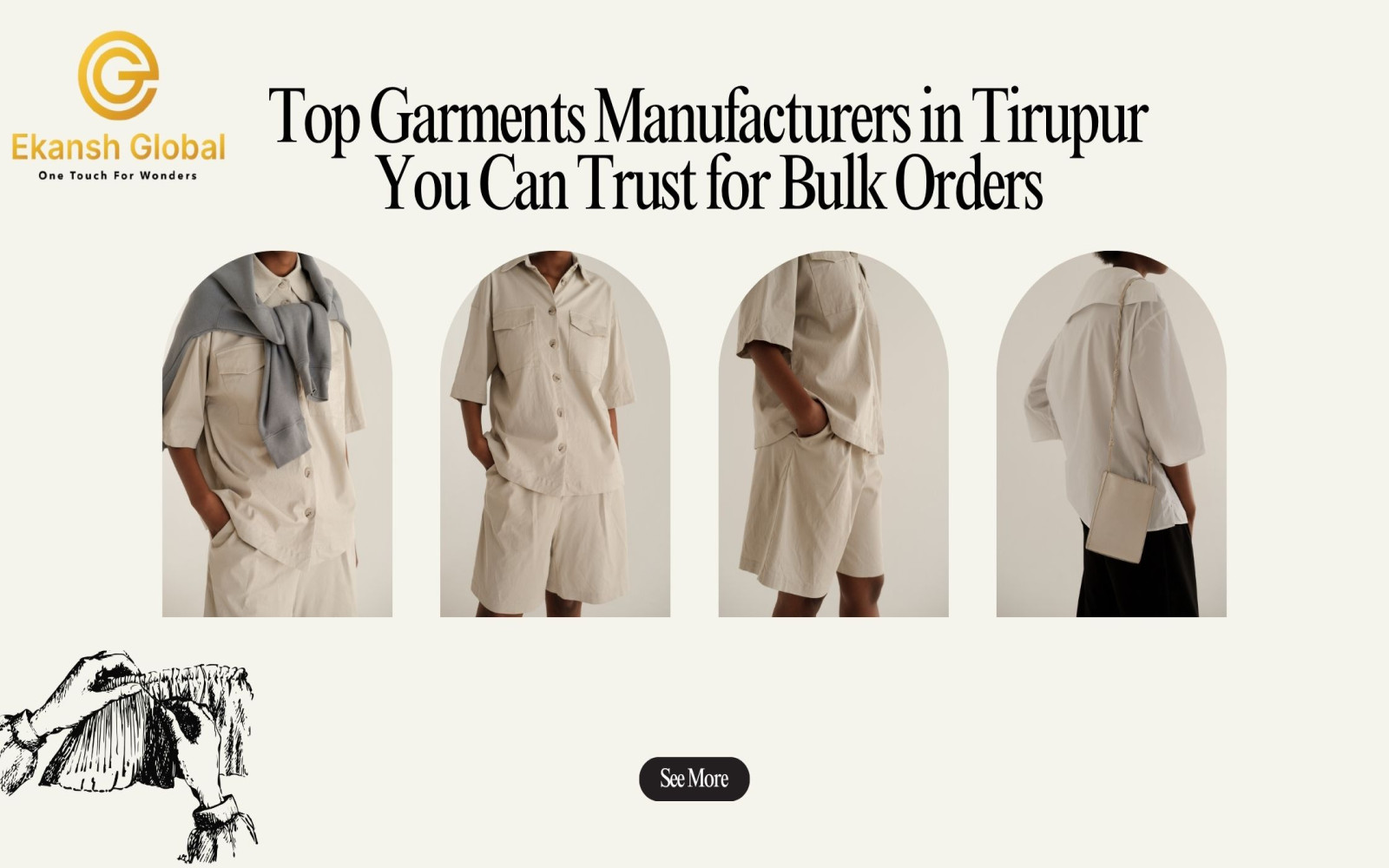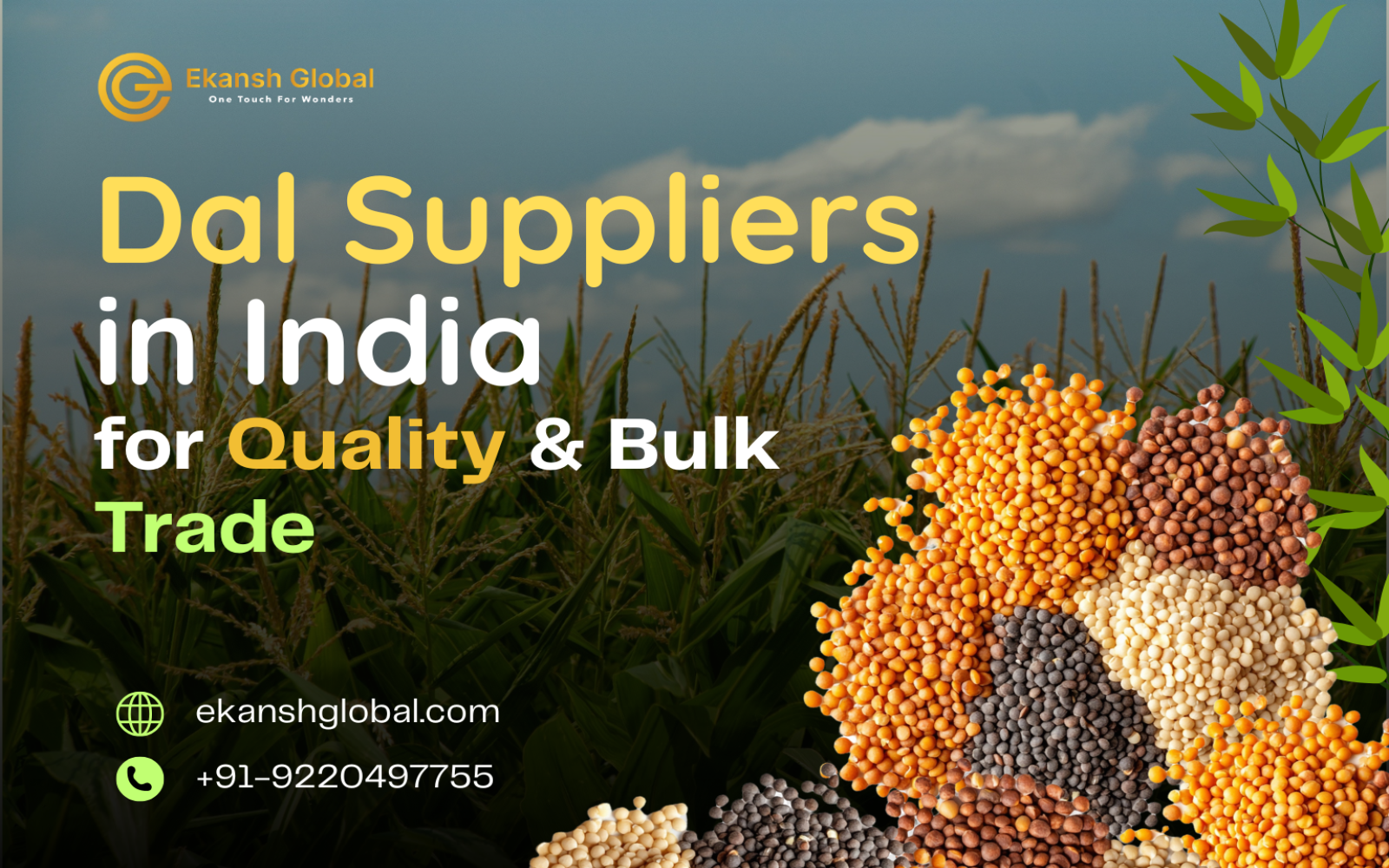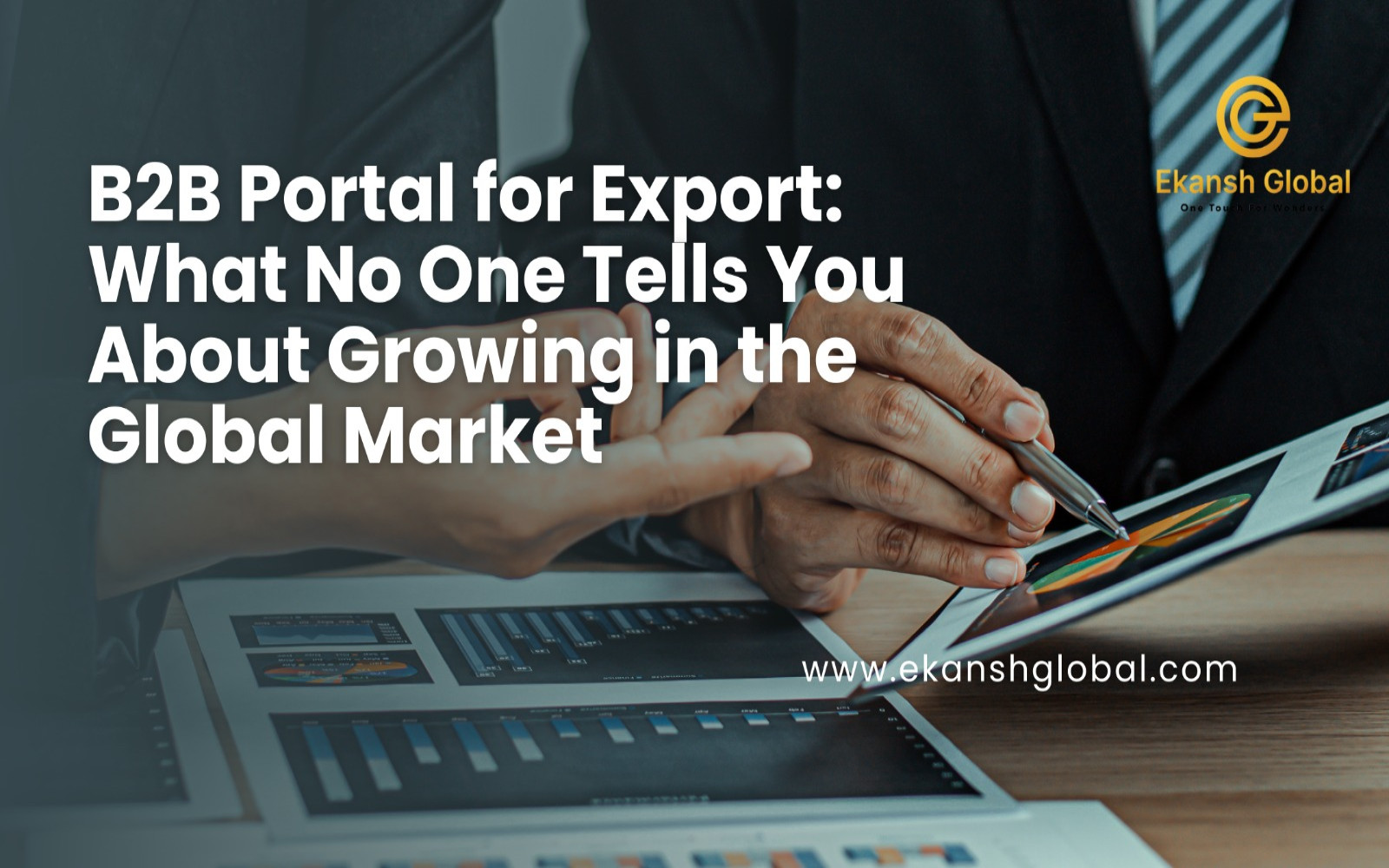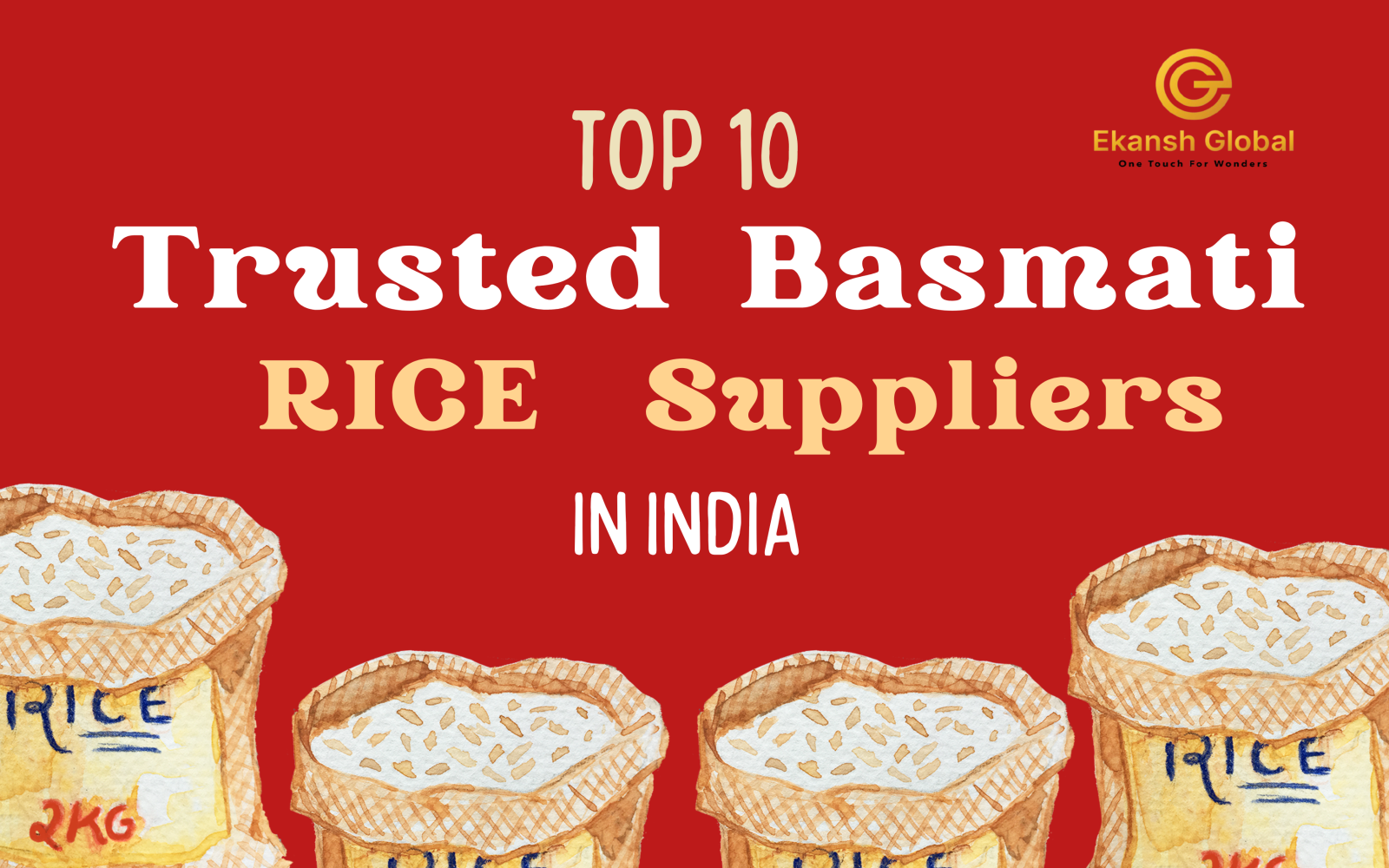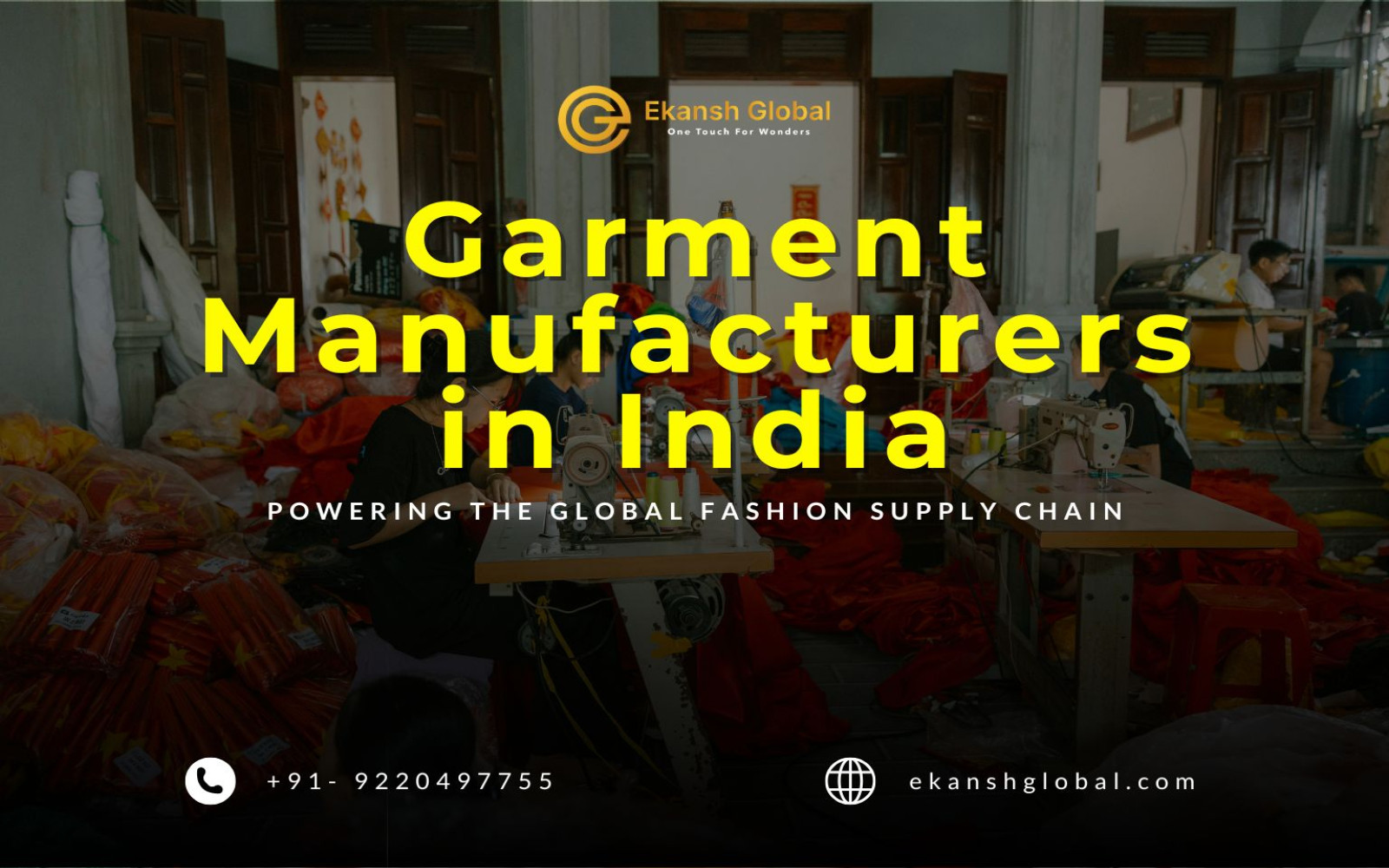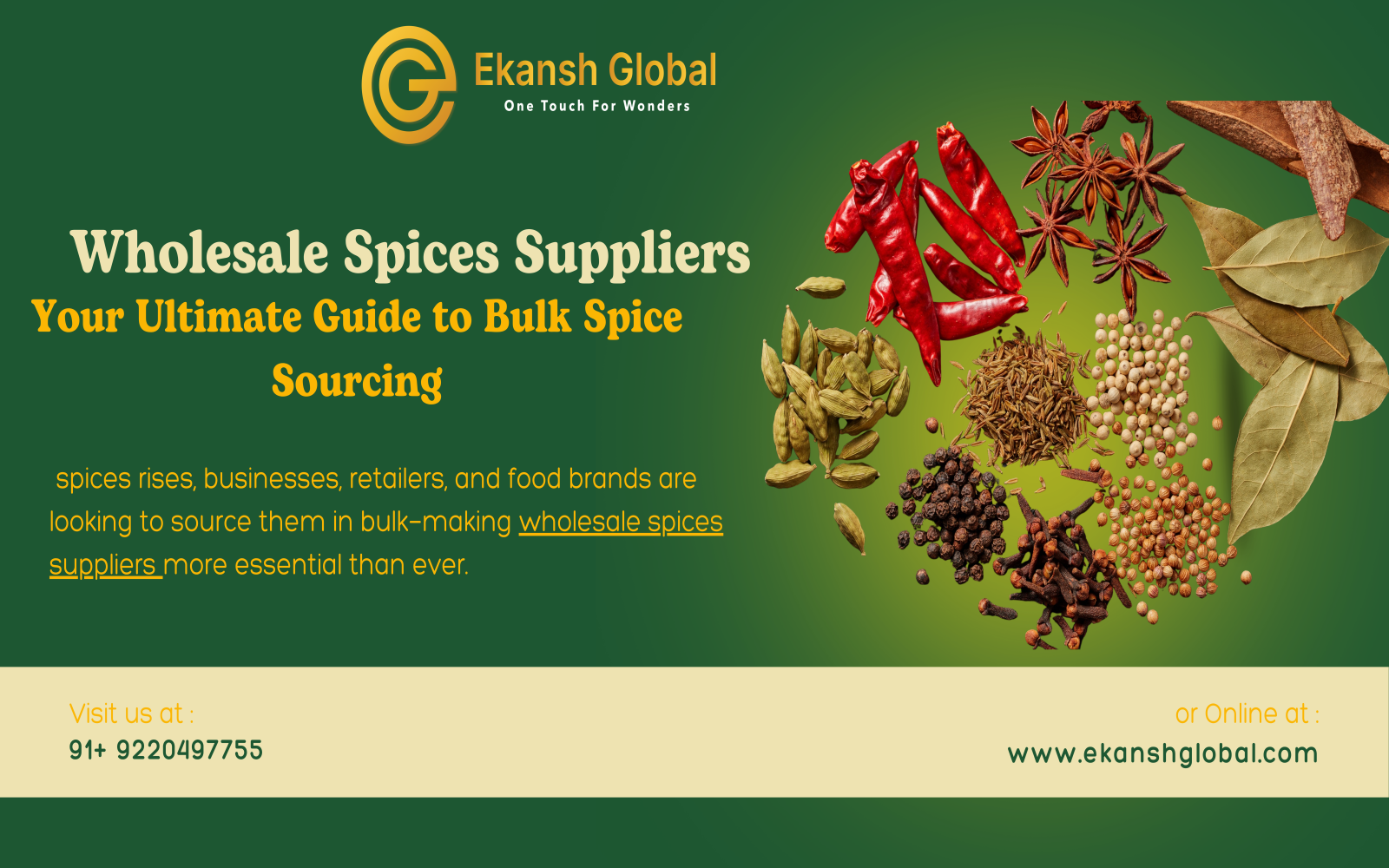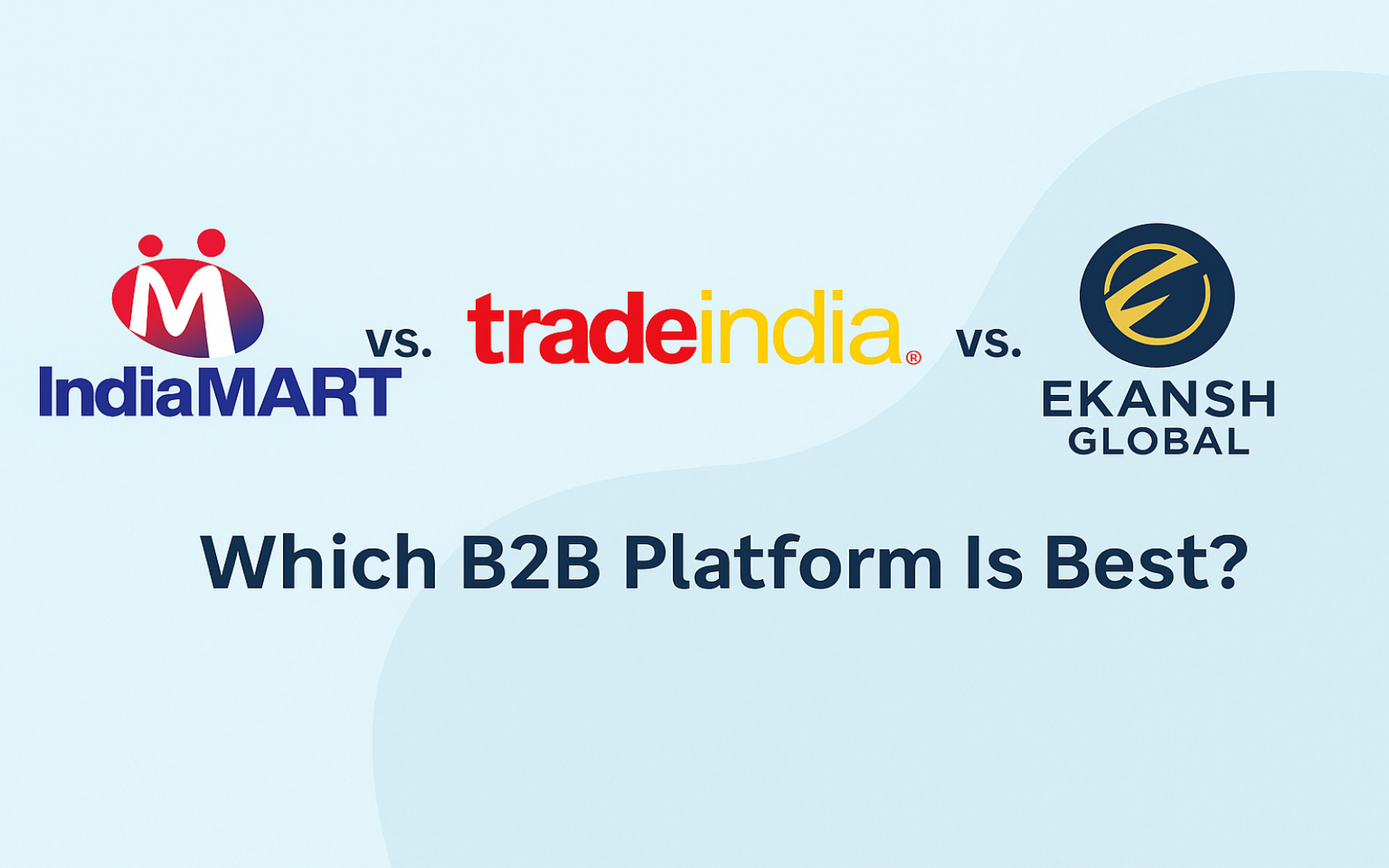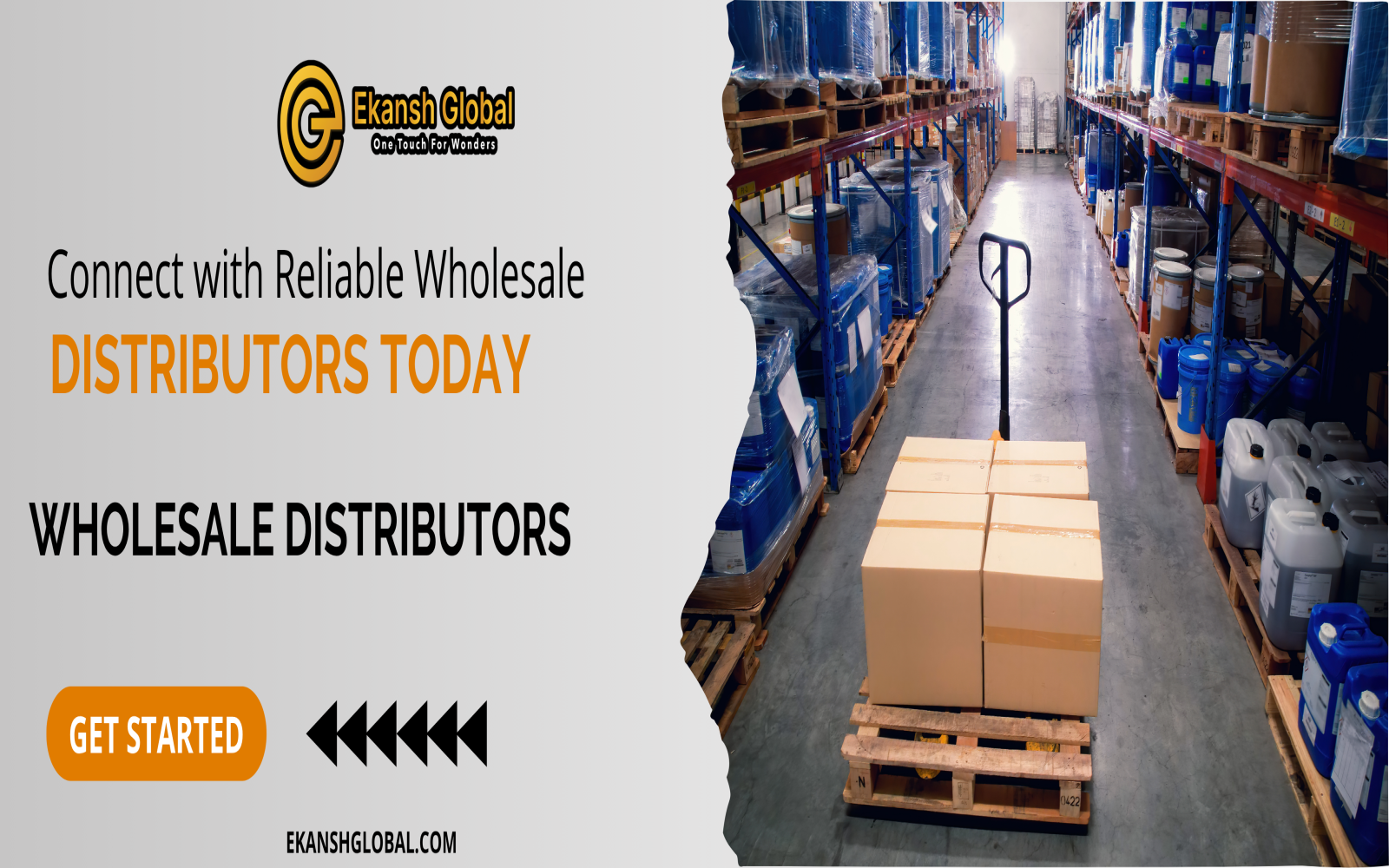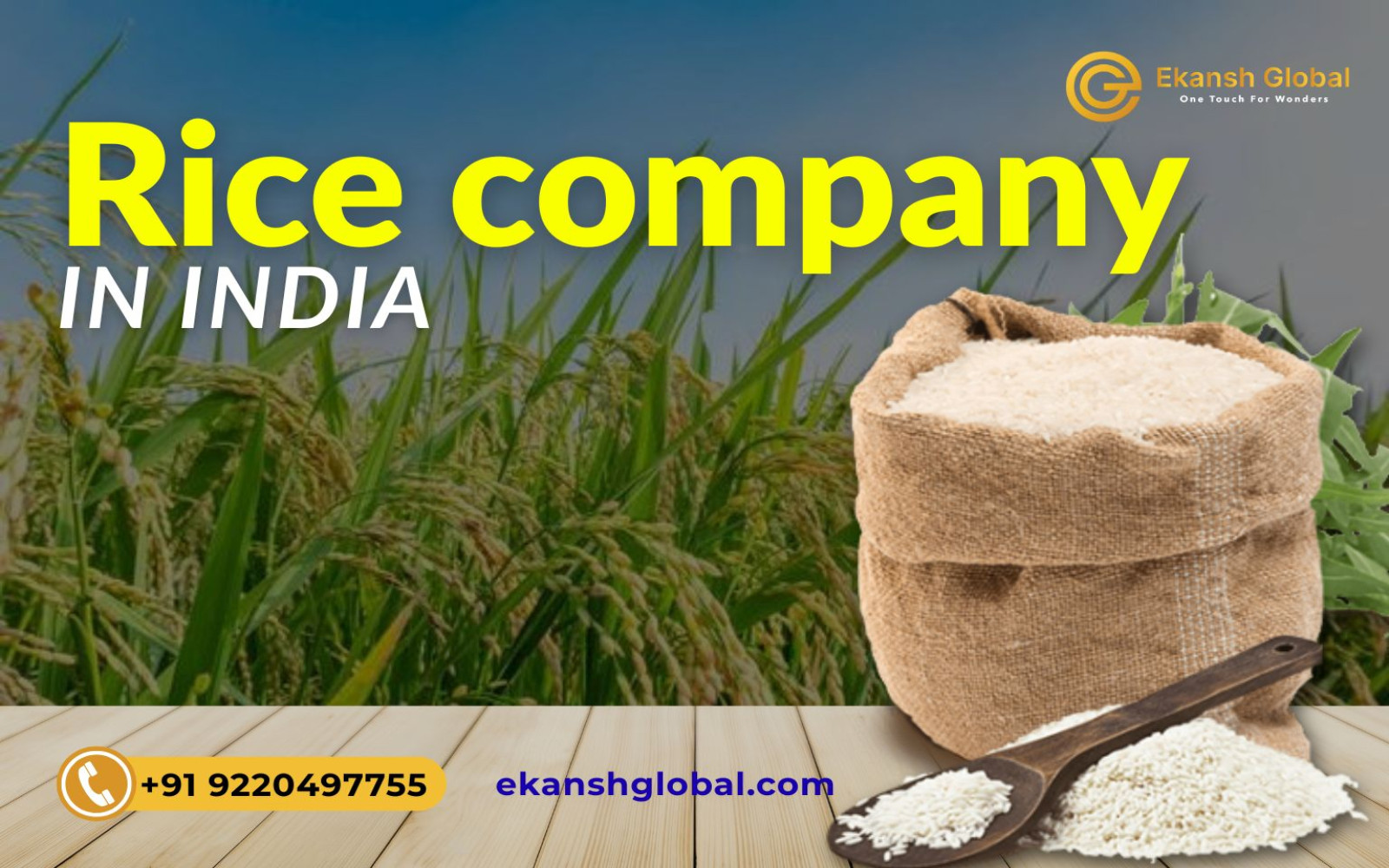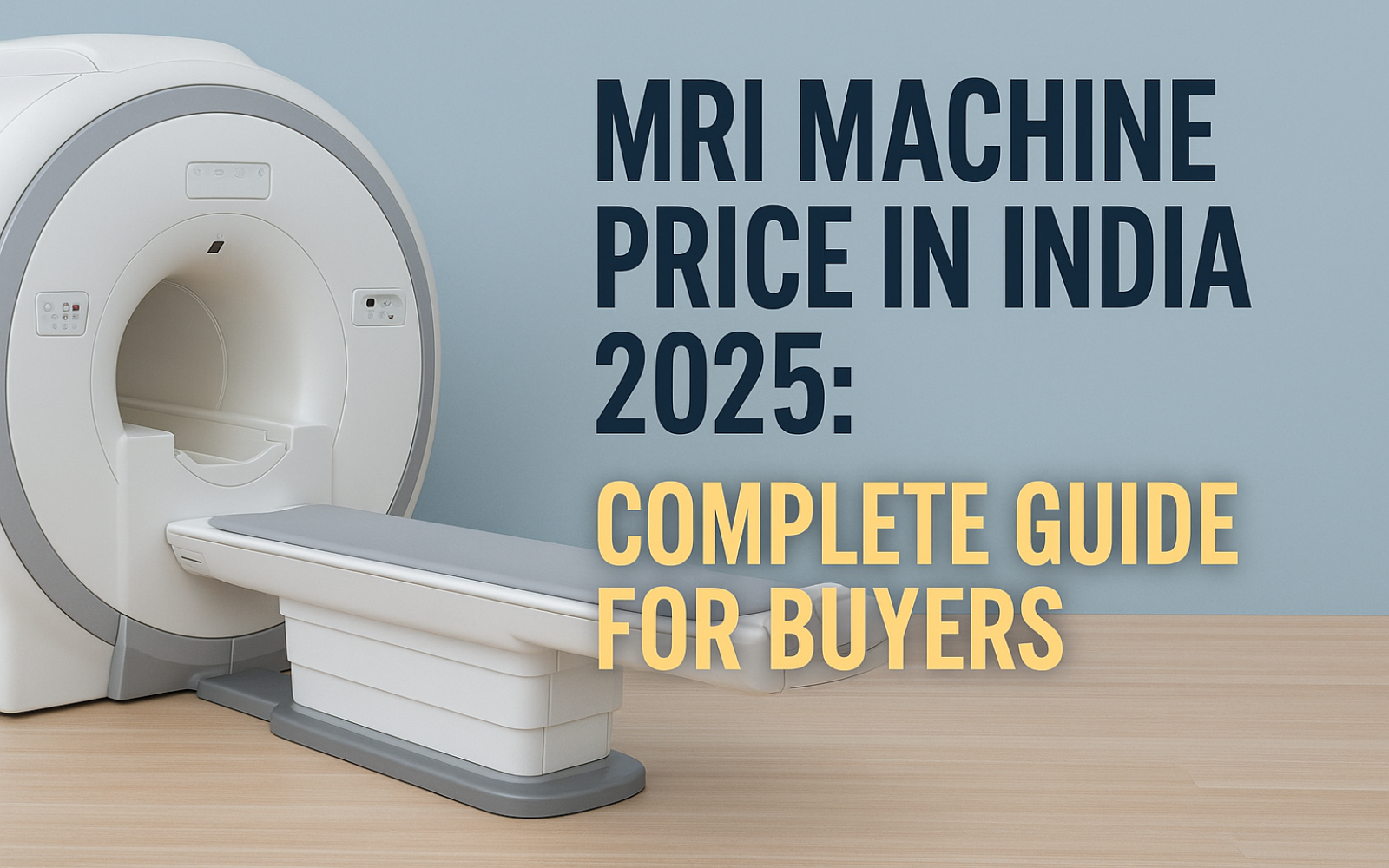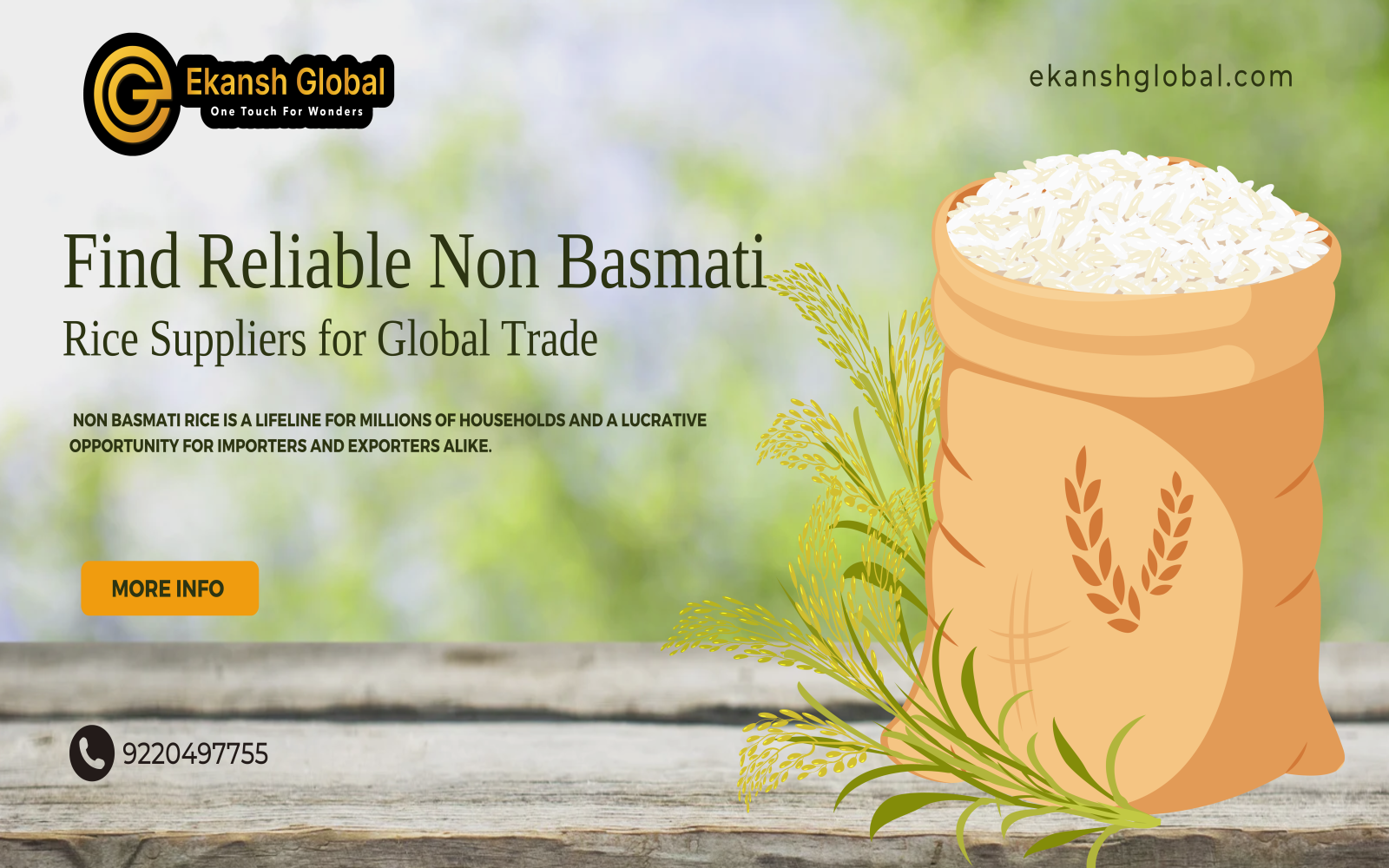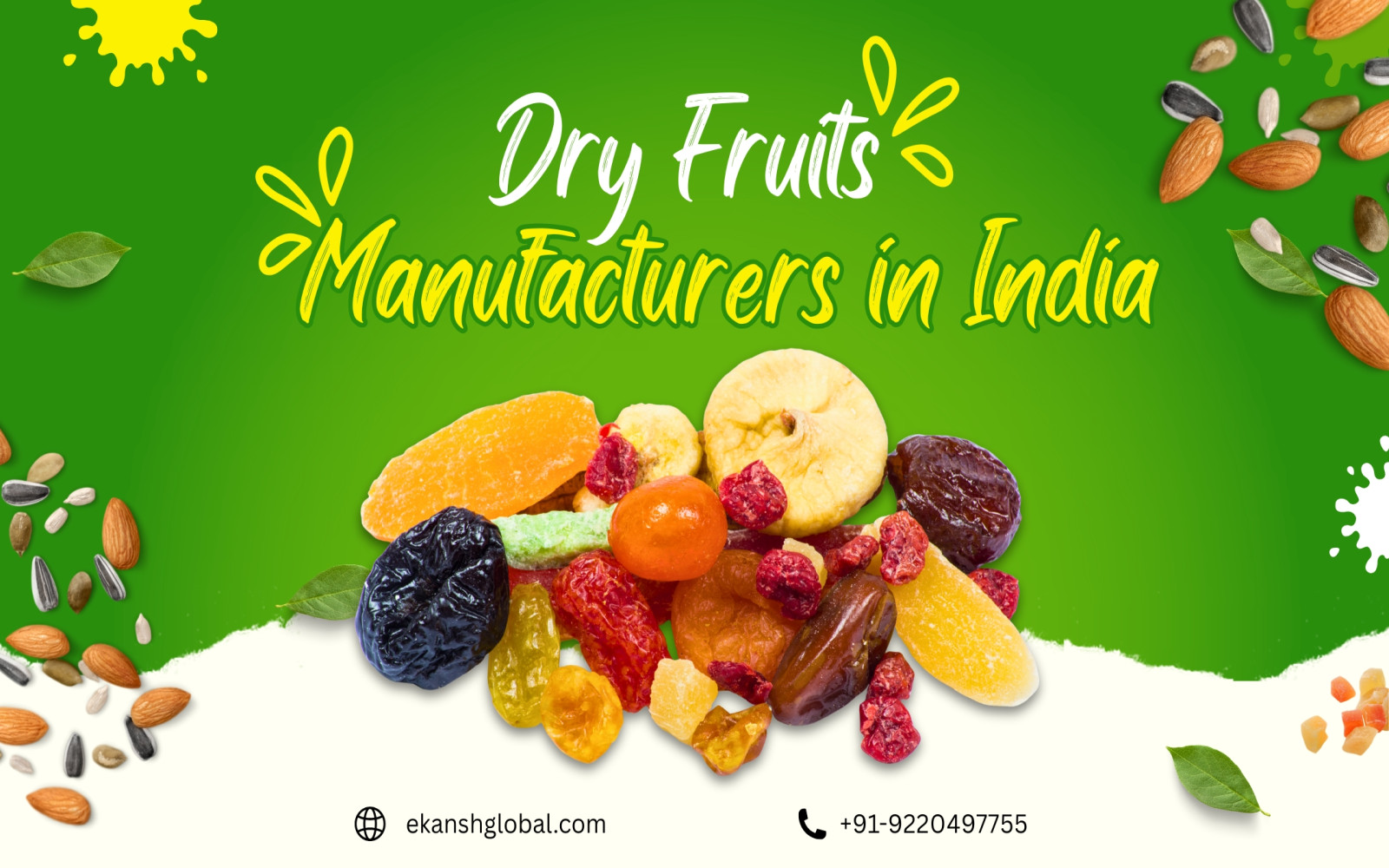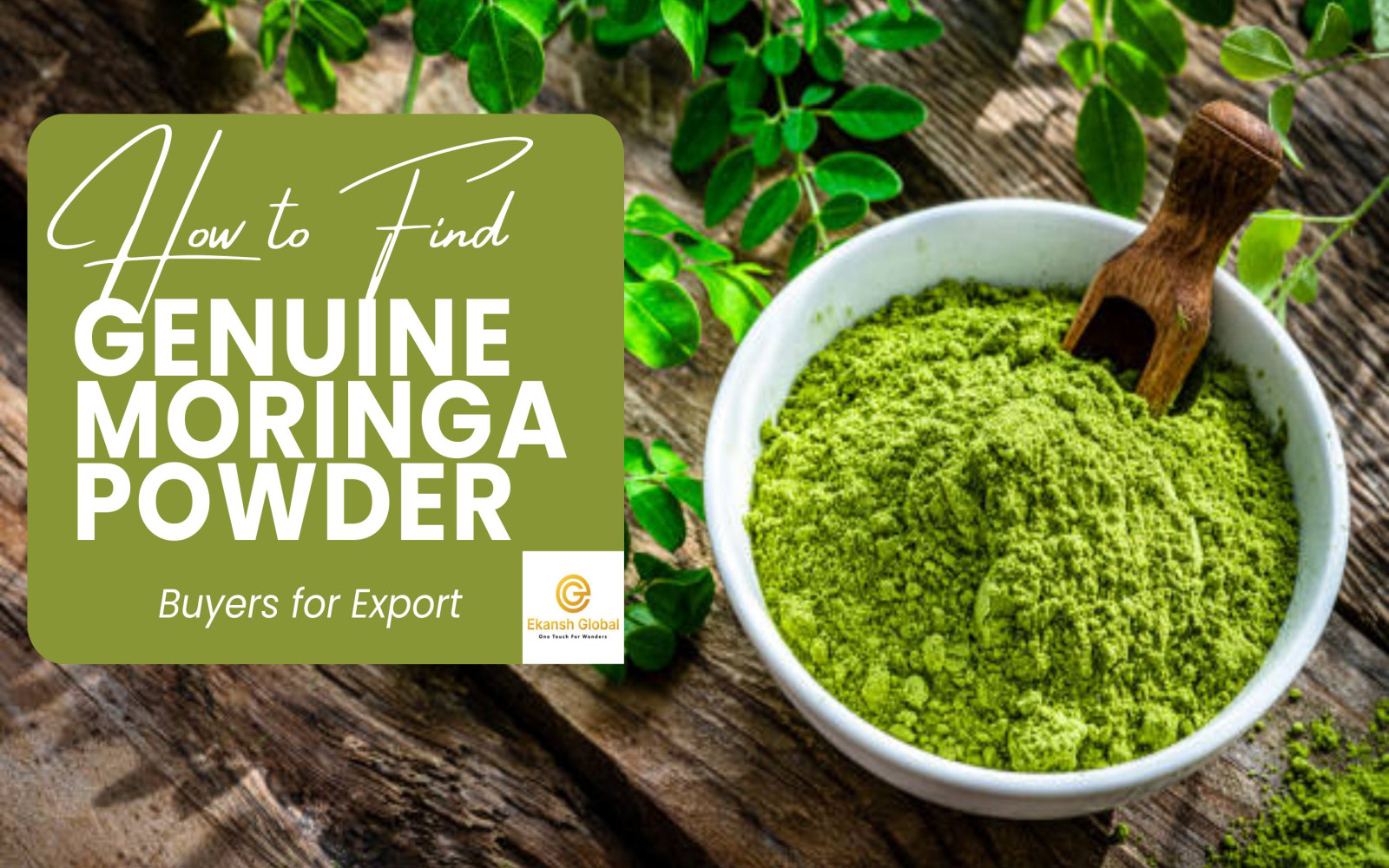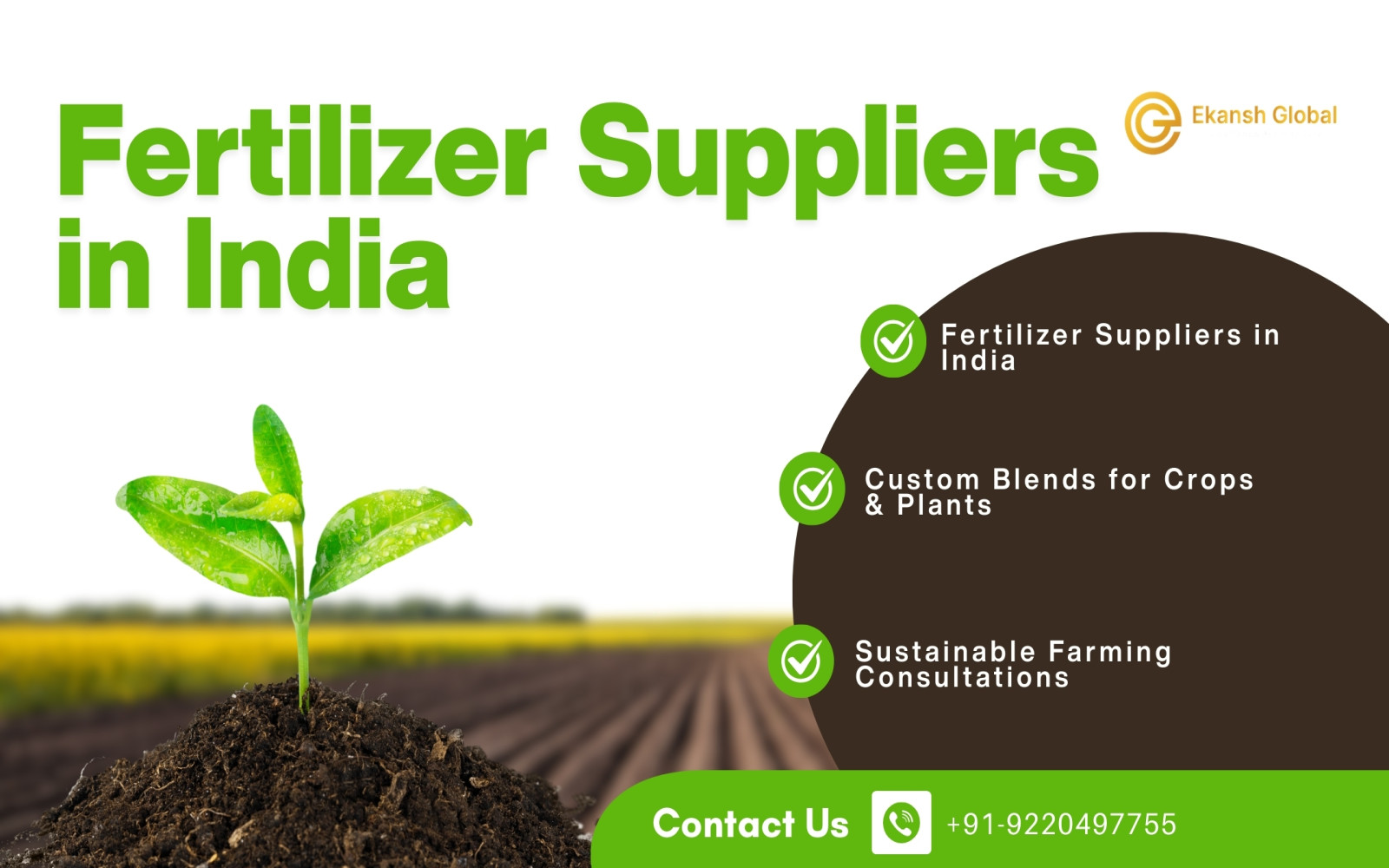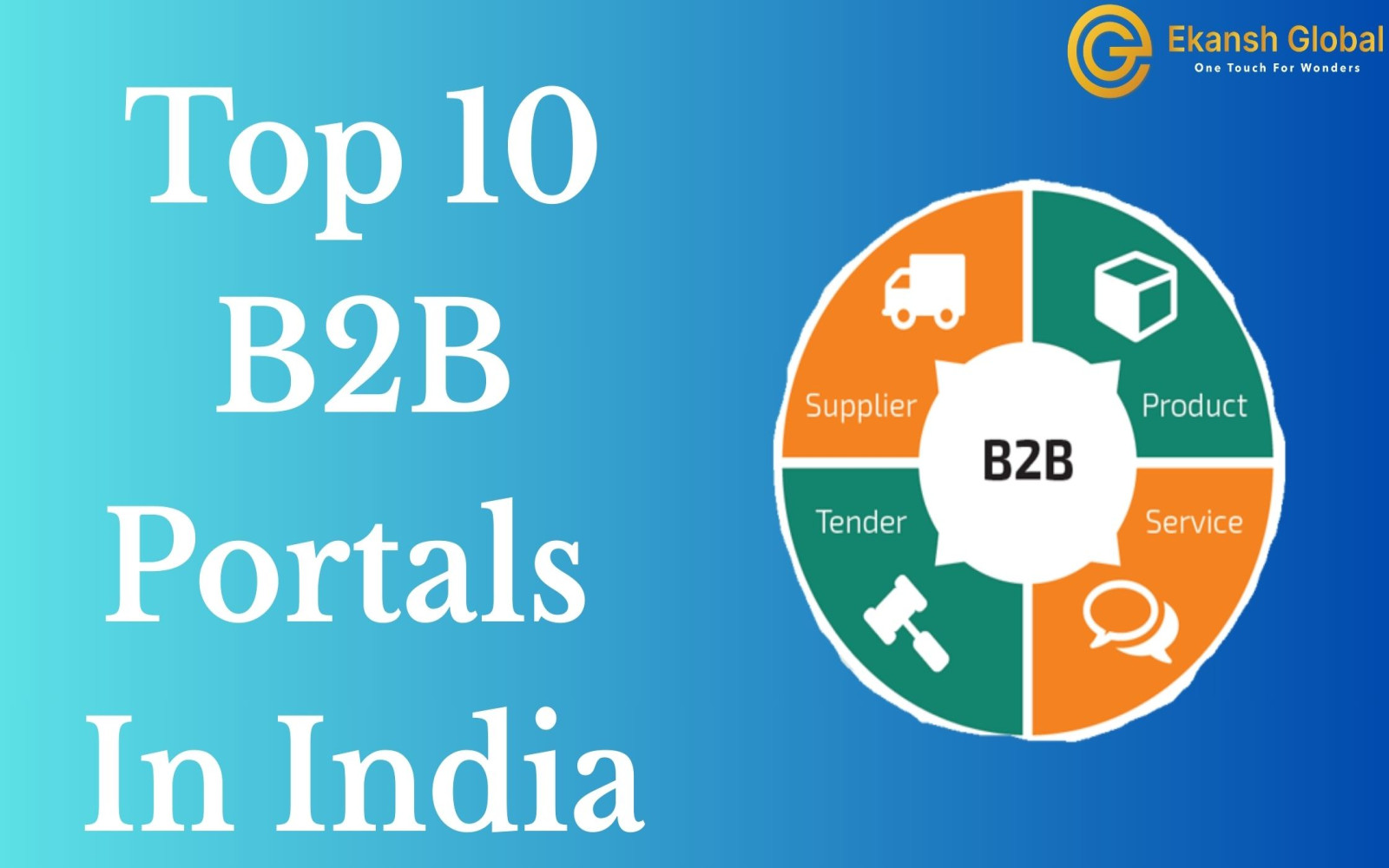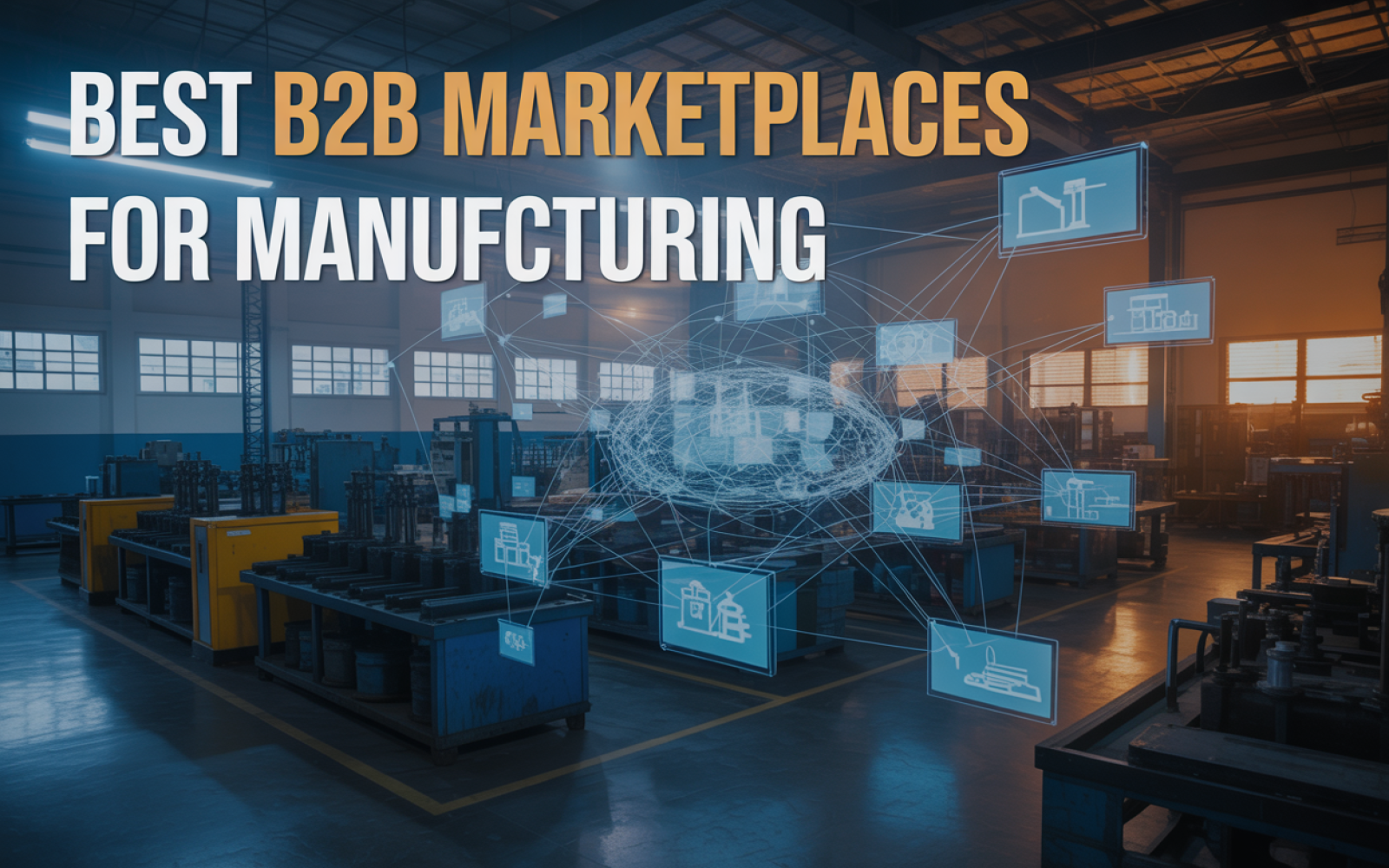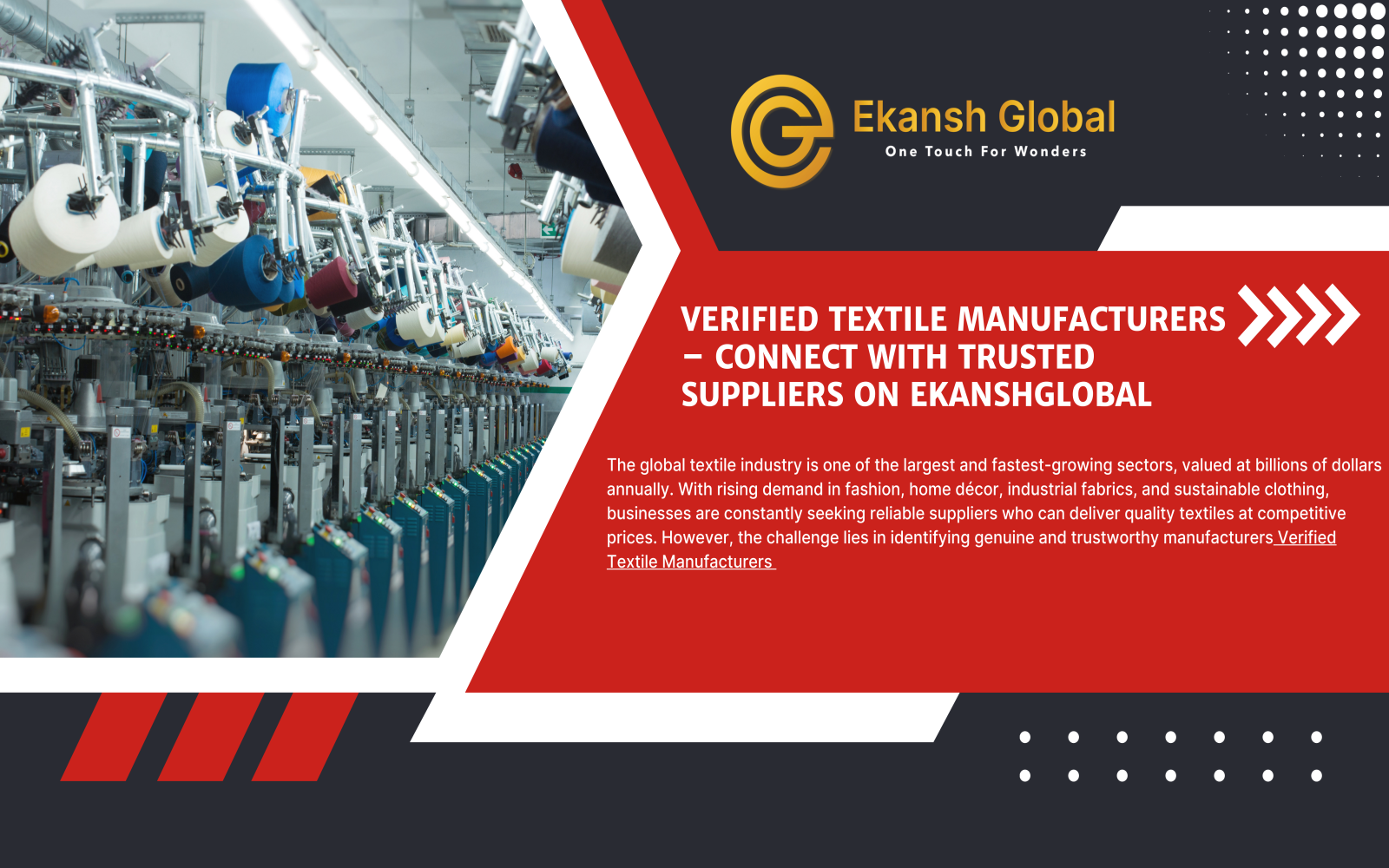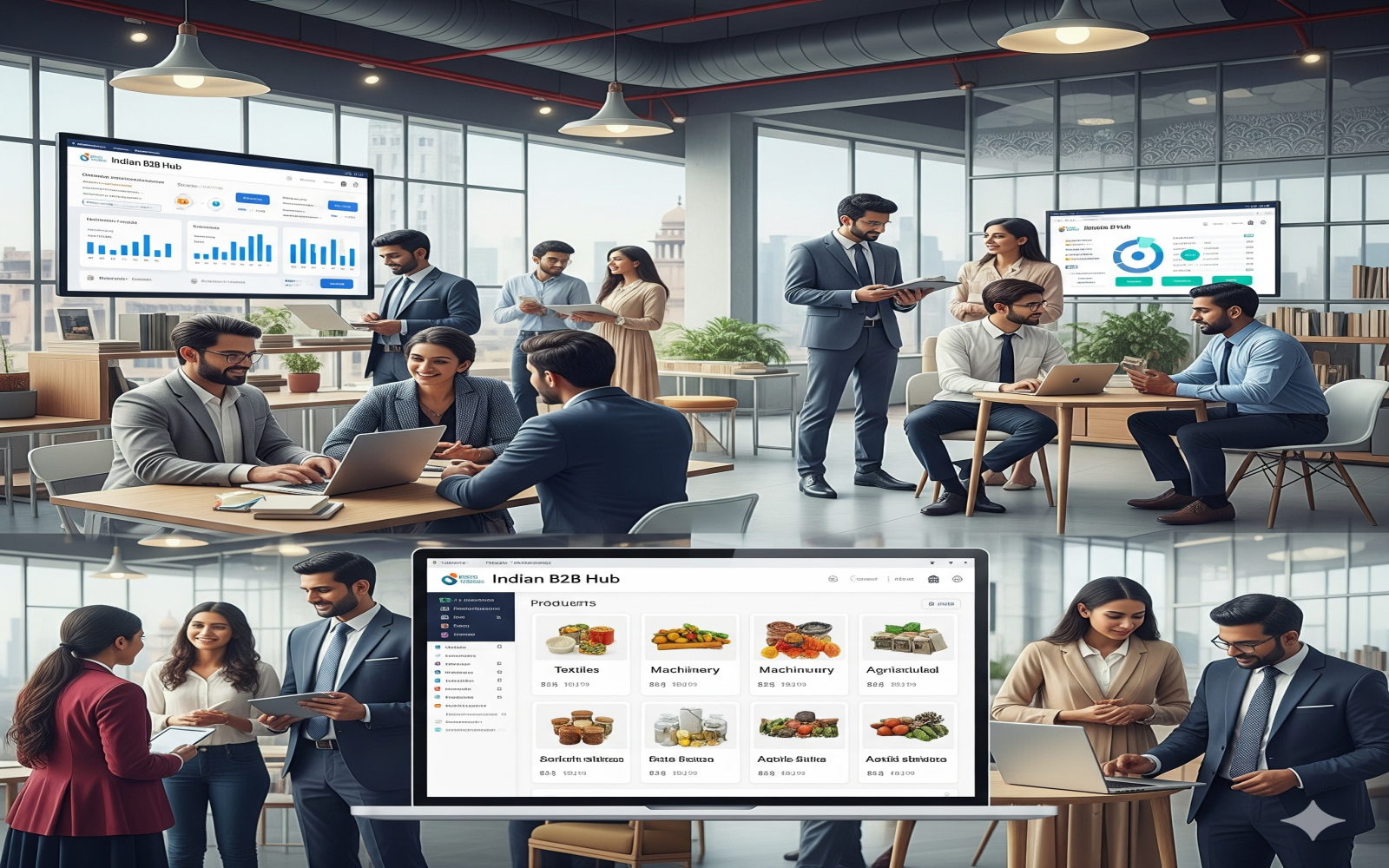Pharmaceutical Manufacturing | How It’s Shaping Health Today
Posted By: Admin
What Is Pharmaceutical Manufacturing?
Pharmaceutical manufacturing is the backbone of global healthcare, ensuring that medicines move from the research stage to a finished, safe product in the hands of patients. Pharmaceutical manufacture necessitates a careful balancing act between science, technology, and compliance, unlike other industrial businesses. Every drug begins with an idea in a laboratory, where molecules are identified and tested for potential therapeutic value. Once proven, the process transitions into scaling, where small-batch experiments evolve into mass production.
Unlike other consumer goods, medicines must meet Good Manufacturing Practices (GMP) enforced by authorities like the U.S. FDA and India’s CDSCO. Even minor errors in purity or dosage can be life-threatening. That’s why manufacturers spend millions on sterile environments, specialized equipment, and rigorous quality checks. This high-stakes environment creates an industry that is not only about making products but also about protecting human lives and maintaining trust in healthcare systems.
Key Phases in the Pharmaceutical Manufacturing Process
Pharmaceutical manufacturing follows a structured sequence to transform a chemical compound into a finished drug.
Research & Development (R&D): This is the foundation, where thousands of molecules are tested, but only a handful progress to clinical trials.
Formulation Development: Scientists decide the best drug delivery form tablets, injections, capsules, or syrups.
Pilot & Scale-Up: Lab-scale production is moved into medium batches to test feasibility, consistency, and stability.
Full-Scale Manufacturing: Drugs are produced in massive quantities under GMP-certified facilities, involving processes like tablet compression or sterile filling.
Quality Control (QC): Every batch is tested for potency, purity, and contamination. No drug reaches the market without meeting strict QC standards.
Packaging & Distribution: Serialization, barcodes, and tamper-proof designs are used to prevent counterfeiting.
Each stage demands precision, skilled workers, and advanced technology, making it a multibillion-dollar global industry.
Why Pharmaceutical Manufacturing Matters
Pharmaceutical manufacturing is not just about producing drugs; it is about building confidence in modern healthcare. Patients rely on the assurance that when they swallow a pill or receive an injection, the medicine will perform exactly as prescribed. Healthcare systems depend on consistent supply chains to prevent shortages of life-saving drugs.
For manufacturers, the stakes are even higher. A single contamination-related recall can cost millions of dollars and forever harm a company's reputation. Moreover, efficient production ensures affordability helping governments and insurers keep healthcare costs under control.
A 2023 report by Deloitte highlighted that global pharma output grew 7.2%, driven by biologics and vaccines. This growth shows how critical manufacturing is to innovation. Without it, discoveries in labs would remain unused. As Dr. Maria Chen once said, “Without robust manufacturing, innovation remains locked in the lab.” This emphasizes the direct link between production strength and public health outcomes.
Trends and Innovations in Pharmaceutical Manufacturing
The pharmaceutical sector is undergoing rapid transformation, thanks to emerging technologies and data-driven practices.
Continuous Manufacturing (CM): Unlike traditional batch production, CM ensures uninterrupted operations, reducing waste and accelerating timelines. Janssen reported a 40% faster production cycle using CM.
Quality by Design (QbD): Quality is built into the process through predictive modeling and real-time monitoring, minimizing the risk of failures.
Biologics & mRNA Manufacturing: The rise of advanced drugs, including antibodies and mRNA vaccines, has created demand for highly specialized production facilities. The COVID-19 vaccine rollout is the best real-world example of rapid biotech scaling.
Automation & AI Integration: From robotic capsule fillers to AI-driven quality checks, automation reduces human error and increases efficiency.
Together, these innovations don’t just improve efficiency they redefine the future of medicine, making treatments faster, safer, and more cost-effective.
Challenges in Pharmaceutical Manufacturing
While the industry is advancing rapidly, pharmaceutical manufacturing faces significant hurdles.
Regulatory Compliance: Every nation has a unique set of regulations. The U.S. FDA, EMA in Europe, and CDSCO in India require companies to comply with GMP, Annex 1, and other standards. Navigating these layers can delay production.
Supply Chain Disruptions: During COVID-19, shortages of raw materials like APIs (Active Pharmaceutical Ingredients) caused global bottlenecks. Even today, dependence on specific regions creates vulnerability.
Capital Intensive Operations: Building a manufacturing plant requires millions in investment, advanced machinery, and skilled labor. Smaller players often struggle to compete.
Environmental Sustainability: Pharma plants consume large amounts of water, solvents, and energy. Companies now face pressure to adopt green manufacturing practices.
Addressing these challenges requires innovation, collaboration, and resilience, ensuring that lifesaving drugs remain accessible worldwide.
Building Trust Through Real Examples and Data
The most precious currency in the pharmaceutical manufacturing industry is trust. A single success or failure can shape public perception for decades.
Take Moderna’s example: the company scaled from small-scale mRNA vaccine trials to producing 700 million doses per month in under a year. This unprecedented achievement showcased how innovation and manufacturing speed can change global health outcomes.
On the flip side, history has seen recalls where manufacturing lapses led to contaminated batches, costing both lives and reputation. That’s why transparency and compliance are central.
A report by the International Society for Pharmaceutical Engineering (ISPE) highlighted that continuous manufacturing can save 25–50% in costs within two years of implementation. Numbers like these not only build credibility but also demonstrate how smarter processes reduce costs while improving patient safety. For stakeholders, these insights reinforce why manufacturing is not just technical, it's deeply human.
Frequently Asked Questions (FAQs)
Q1: What is pharmaceutical manufacturing?
Pharmaceutical manufacturing is the process of developing, producing, and packaging medicines on a commercial scale. It includes R&D, formulation, scaling, quality control, and distribution. The goal is to ensure that every drug is safe, effective, and consistent in quality before it reaches patients.
Q2: Why is pharmaceutical manufacturing important?
It plays a critical role in modern healthcare by making sure medicines are accessible, affordable, and reliable. Without efficient manufacturing, breakthroughs in drug discovery would remain stuck in laboratories, unable to reach patients who need them.
Q3: What are the major stages in pharmaceutical manufacturing?
The process typically involves six stages:
Research & Development (R&D)
Formulation Development
Pilot/Scale-Up
Full-Scale Production
Quality Control (QC)
Packaging & Distribution
Q4: What are current trends in pharmaceutical manufacturing?
Some of the biggest trends include:
Continuous manufacturing (faster, less wasteful)
Quality by Design (QbD) principles
Biologics and mRNA-based medicines
AI & automation in production and inspection
These trends are transforming drug development speed and reliability worldwide.
Q5: What are the challenges in pharmaceutical manufacturing?
The main challenges include:
Regulatory complexity across countries
Supply chain disruptions of raw materials (APIs)
High capital investment requirements
Sustainability and environmental concerns
Q6: How does quality control impact pharmaceutical manufacturing?
Every medication produced satisfies safety, effectiveness, and purity criteria thanks to quality control. Even if it costs millions, a batch is discarded if it fails quality control. This rigorous testing protects patient health and builds trust in the pharmaceutical industry.
Q7: What is continuous manufacturing in pharma?
Continuous manufacturing (CM) is a modern approach where drug production runs non-stop instead of in batches. It increases efficiency, reduces costs, and improves consistency. For example, Janssen reduced production time by 40% using CM techniques.
Q8: Which organizations regulate pharmaceutical manufacturing?
Regulations vary by country, but key authorities include:
FDA (U.S. Food & Drug Administration)
EMA (European Medicines Agency)
CDSCO (Central Drugs Standard Control Organization, India)
These agencies enforce Good Manufacturing Practices (GMP).
Q9: What is the future of pharmaceutical manufacturing?
The future is heading toward personalized medicine, AI-powered automation, and sustainable practices. Advanced biologics, mRNA vaccines, and digital supply chains will dominate the next decade of drug production.
Q10: How big is the pharmaceutical manufacturing industry?
According to global industry reports, the pharmaceutical manufacturing market is projected to reach $1.5 trillion by 2025, driven by biologics, vaccines, and chronic disease treatments.
Conclusion
Pharmaceutical manufacturing is not just an industrial process; it’s a lifesaving mission. From research to production, each phase reflects innovation, science, and responsibility. The trends of continuous manufacturing, AI-driven automation, and biologics production are transforming how medicines reach patients faster and more reliably.
Yet challenges remain complex regulations, supply chain risks, and sustainability concerns. Overcoming them will require global collaboration, new investments, and trust-building with patients and policymakers alike.
If you’re passionate about how medicines are made and what’s next in pharma, check out our related insights on Quality Control in Pharma and Emerging Technologies in Drug Manufacturing.
Have questions or want to collaborate with experts? Contact us today let’s shape the future of pharmaceutical manufacturing together.
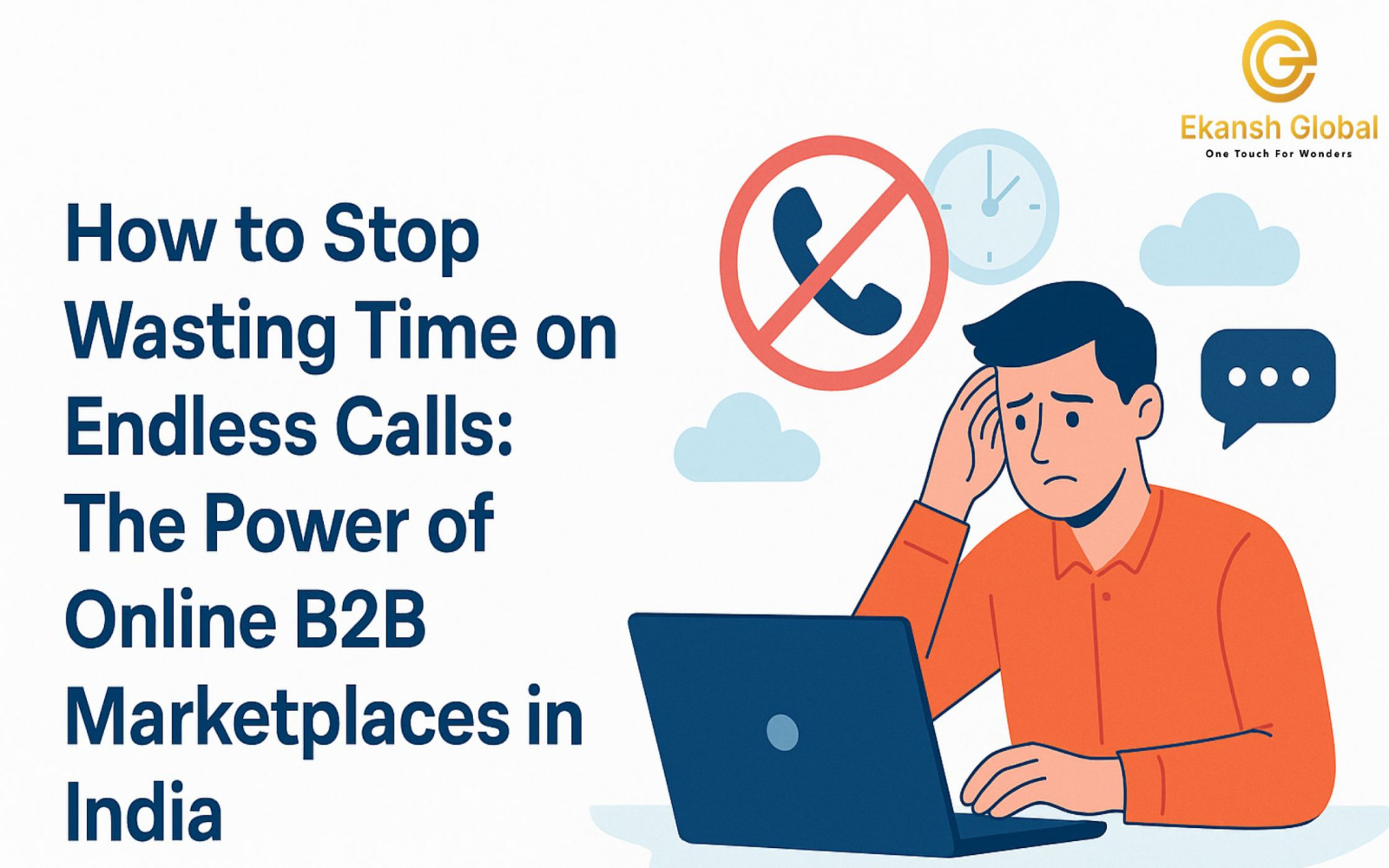

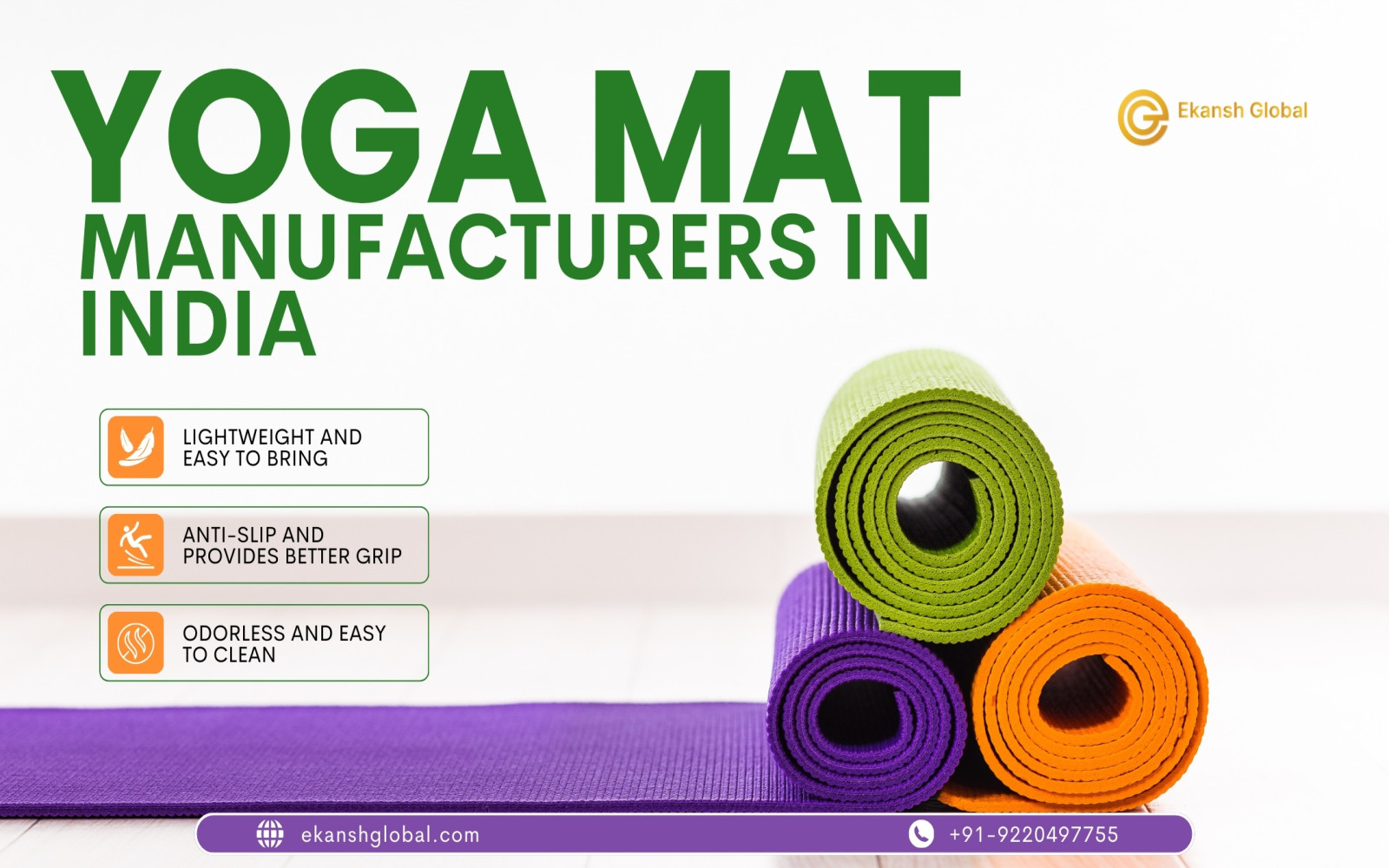

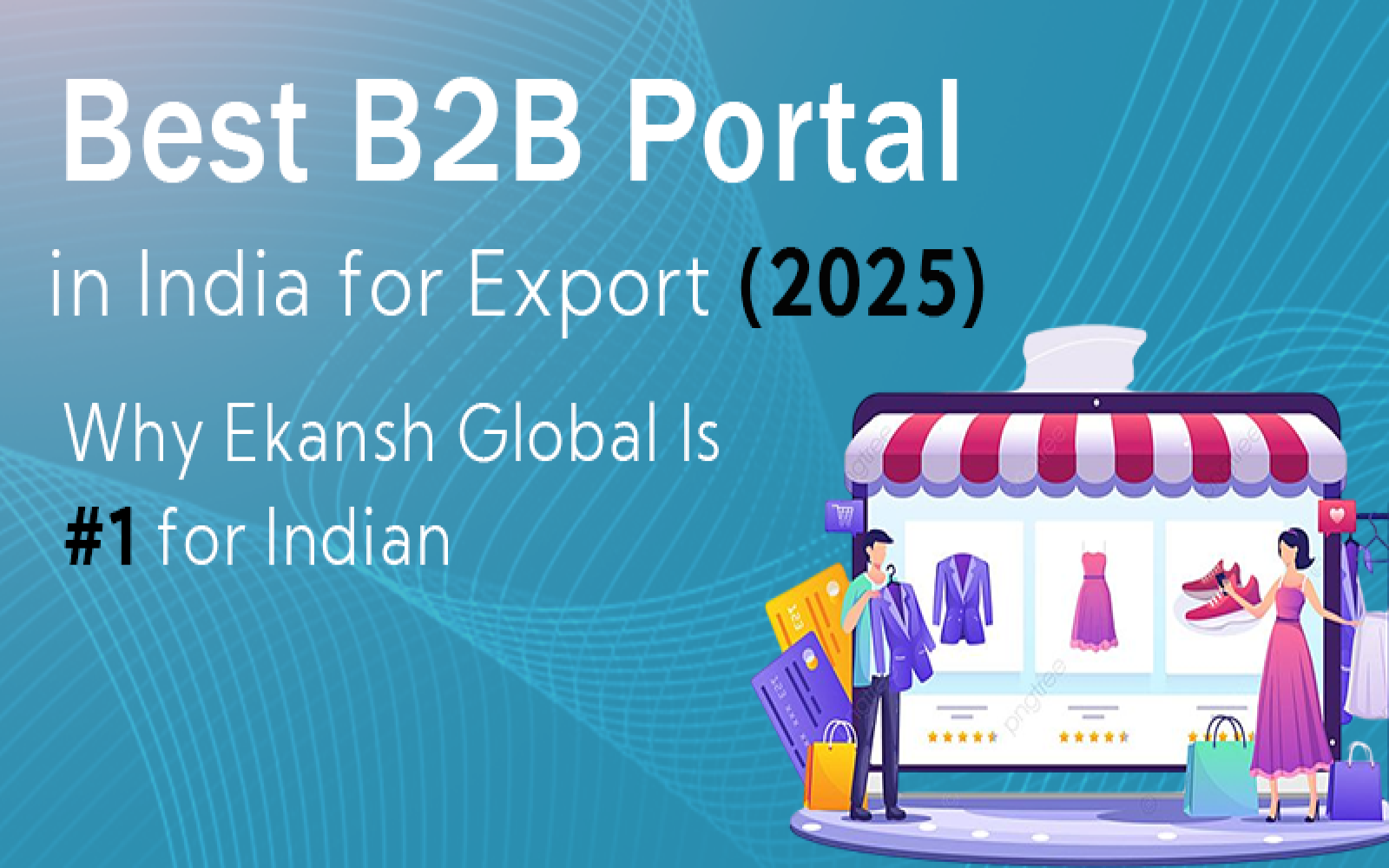

About Me

Ekansh Global Private Limited connects Indian products with global buyers, offering reliable export-import services to simplify and support safe, successful international trade for businesses worldwide.
EKANSH GLOBAL
Categories
- Agriculture
- Apparel & Fashion
- Auto & Automobile Accessories
- Construction & Building Material
- Gifts & Crafts
- Health & Beauty
- Home Supply
- Industrial Machinery
- Industrial Supplies
- Kitchen Utensils & Appliances
- Lab Instruments & Suppliers
- Leather
- Natural Stone
- Office Supplies
- Packaging & Paper
- Plastic
- Textiles & Fabrics
- Tools & Equipment
- F.M.C.G
- Ayurvedic and Herbal product
- Sports Goods / Equipment
- Stationery Products





